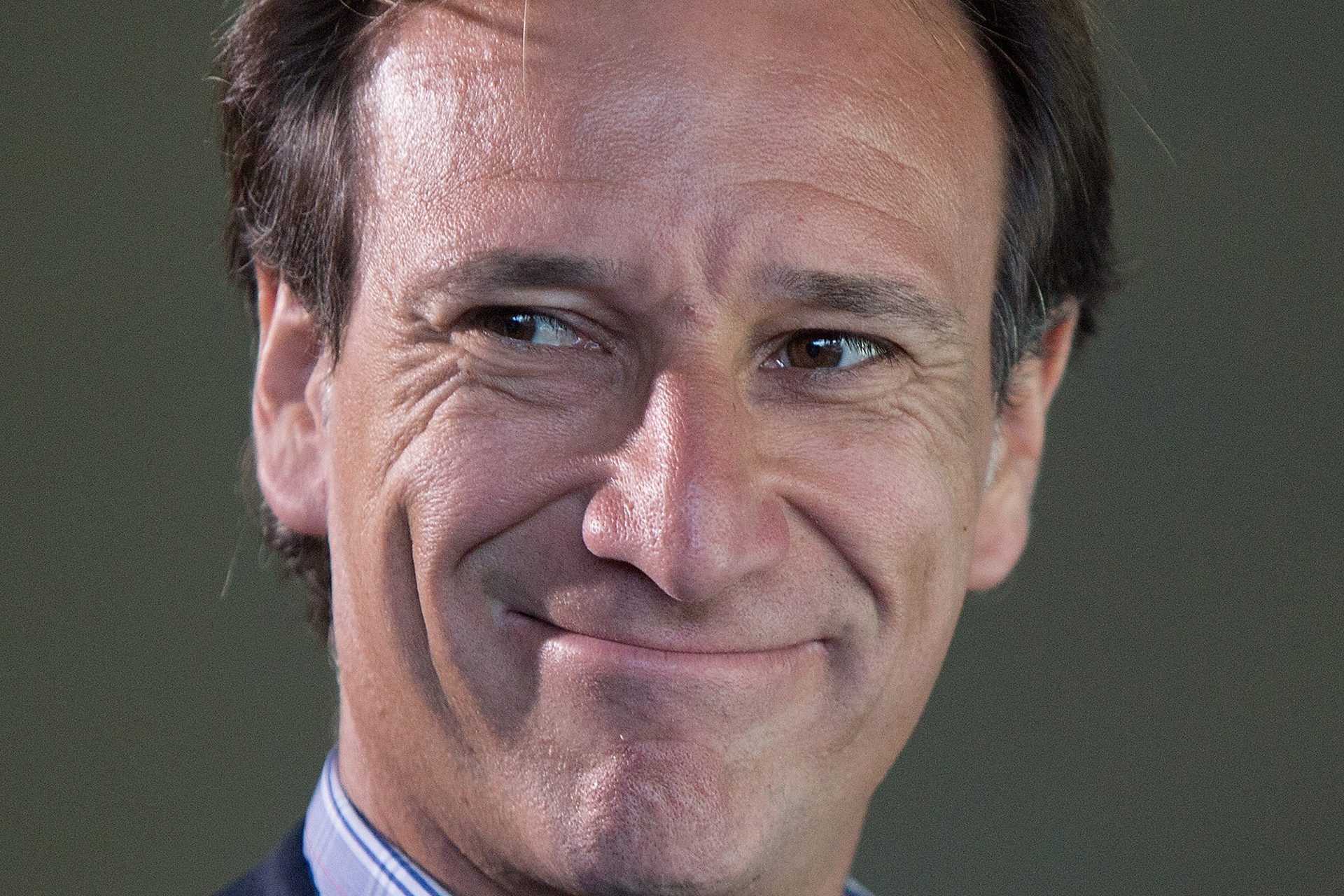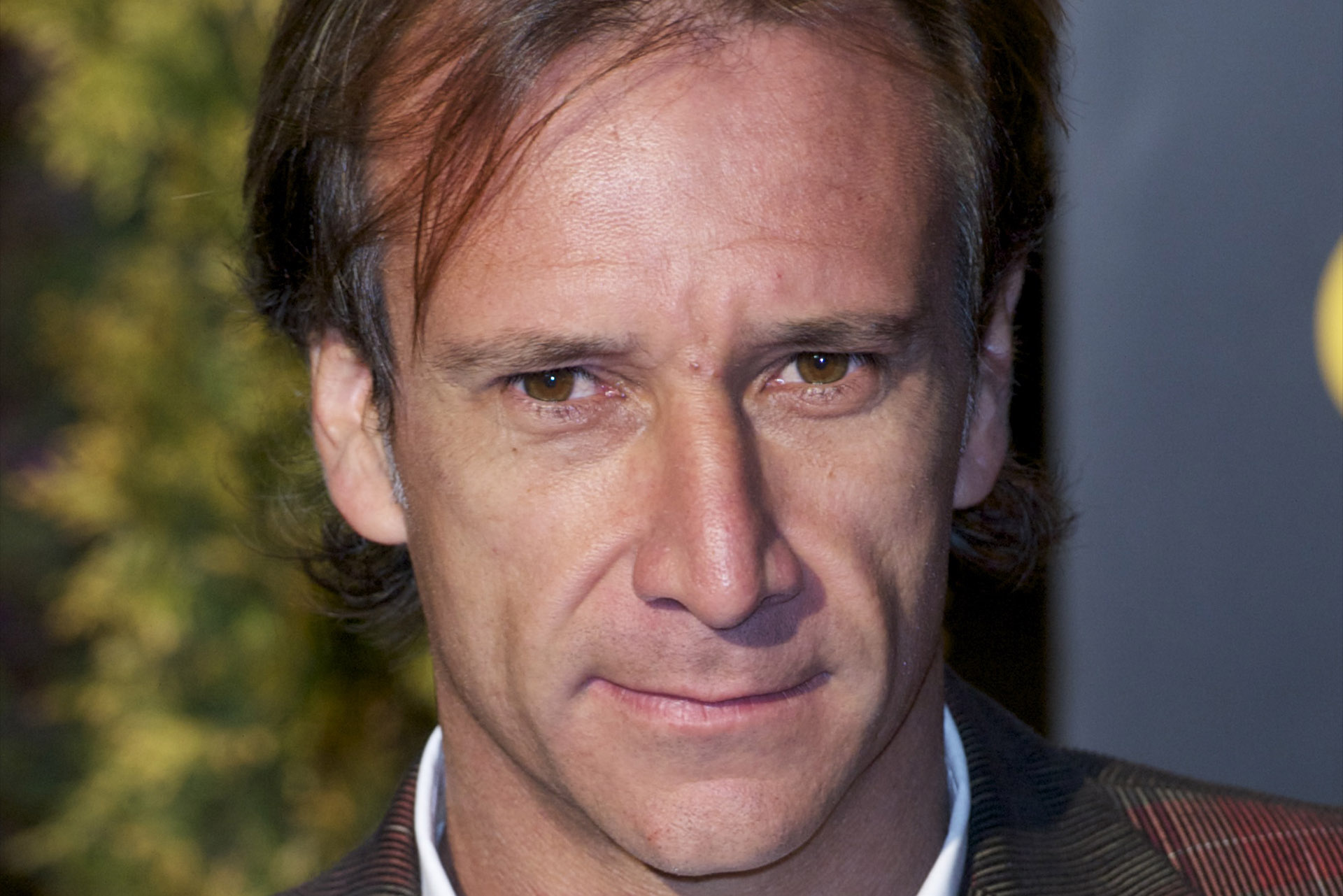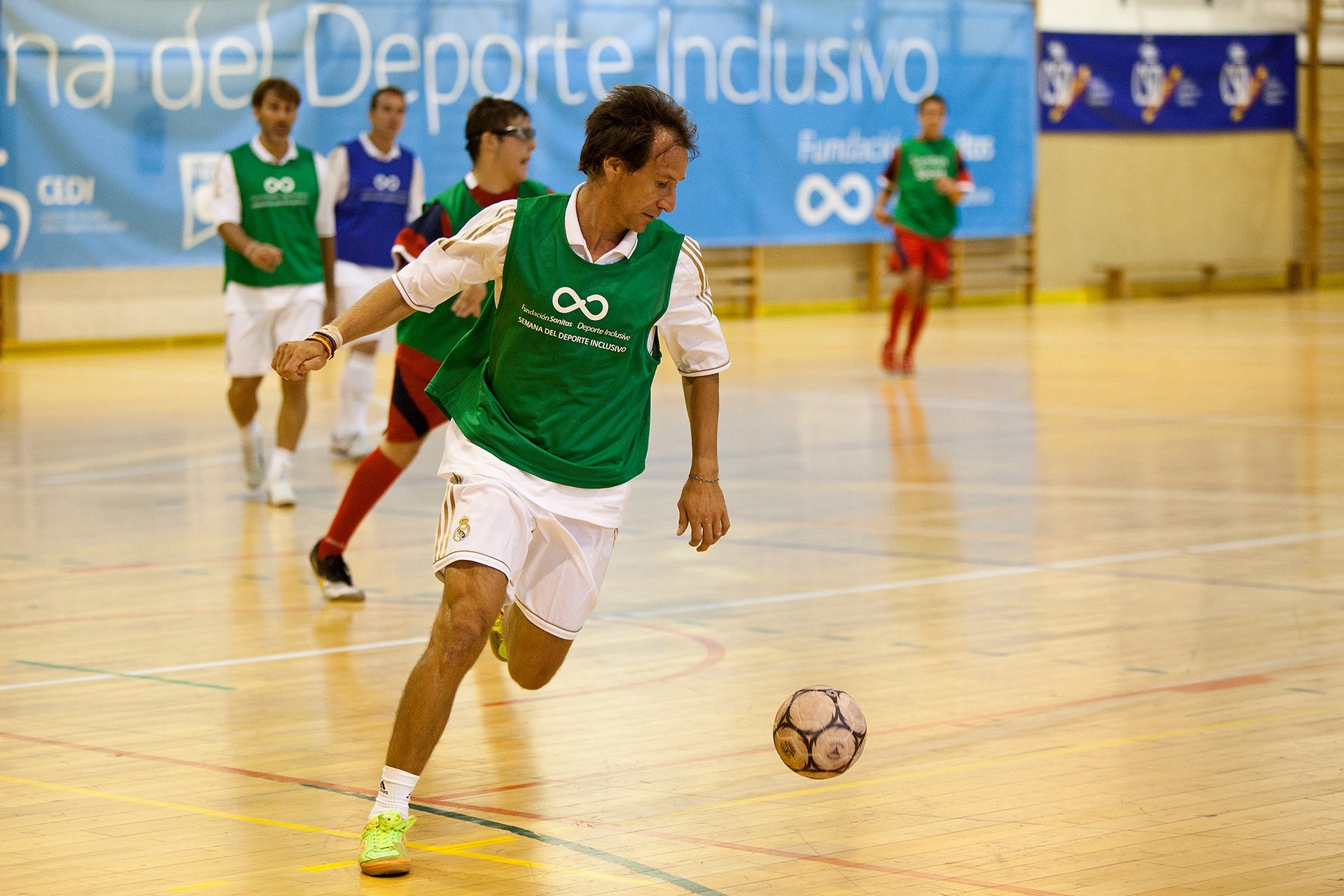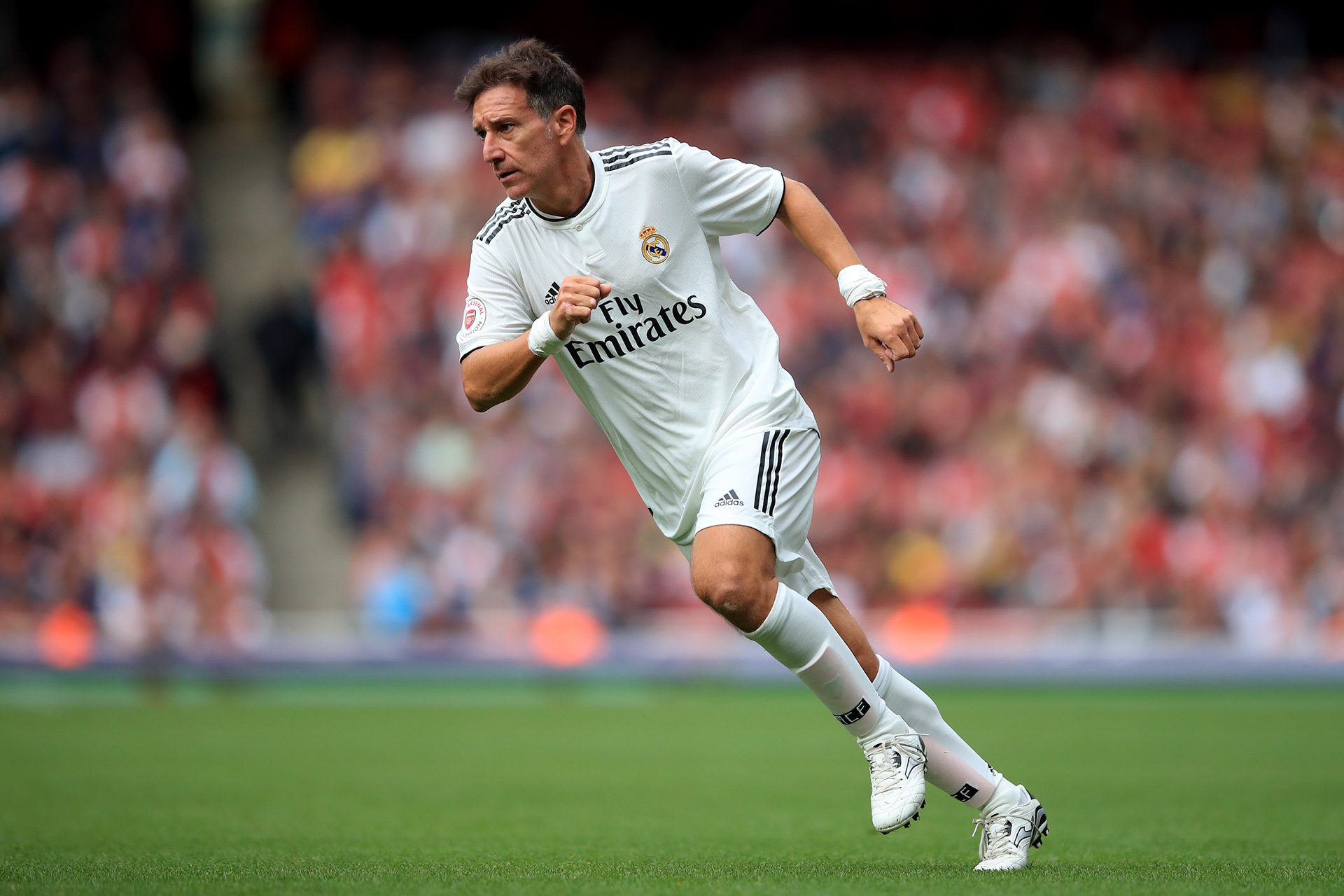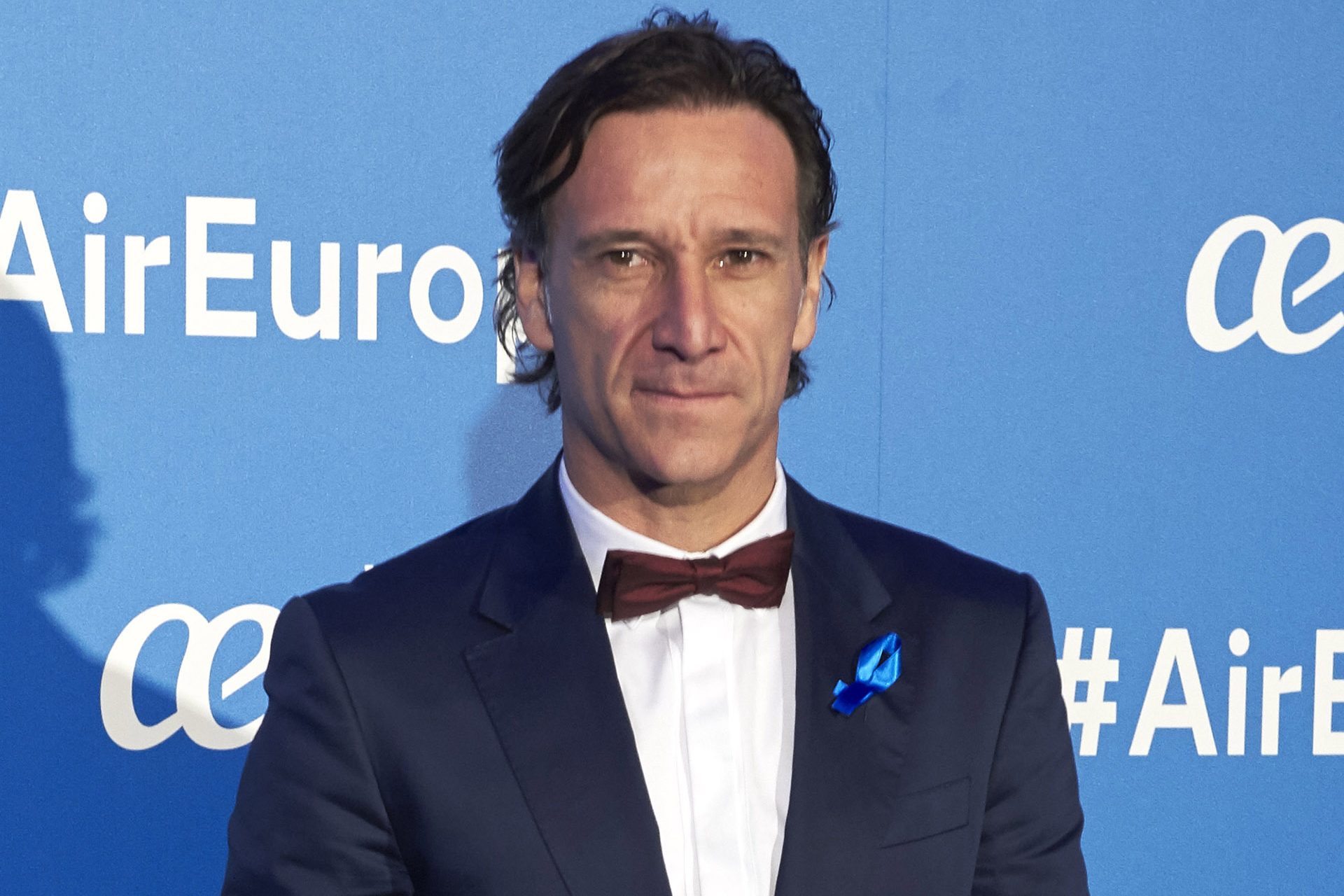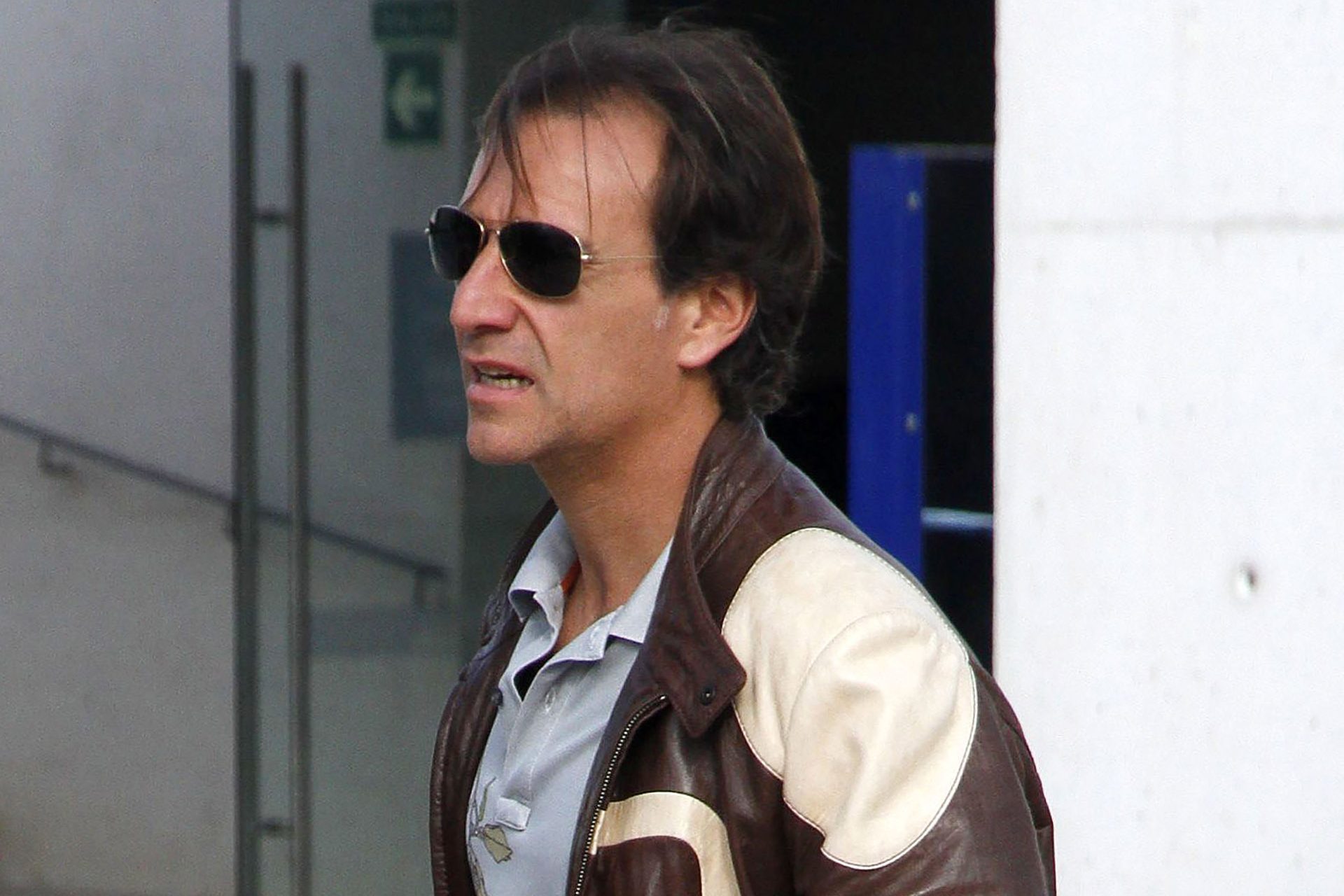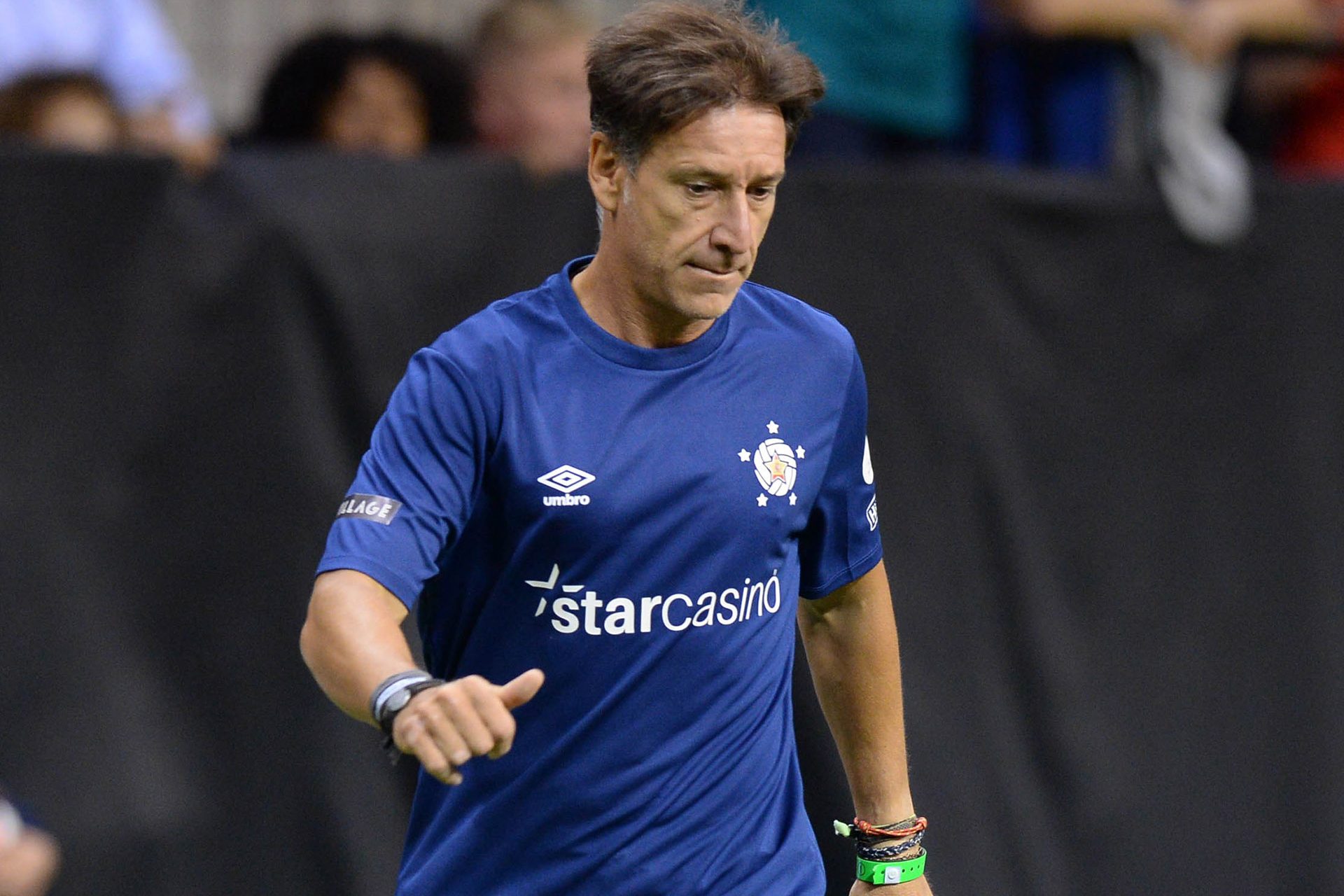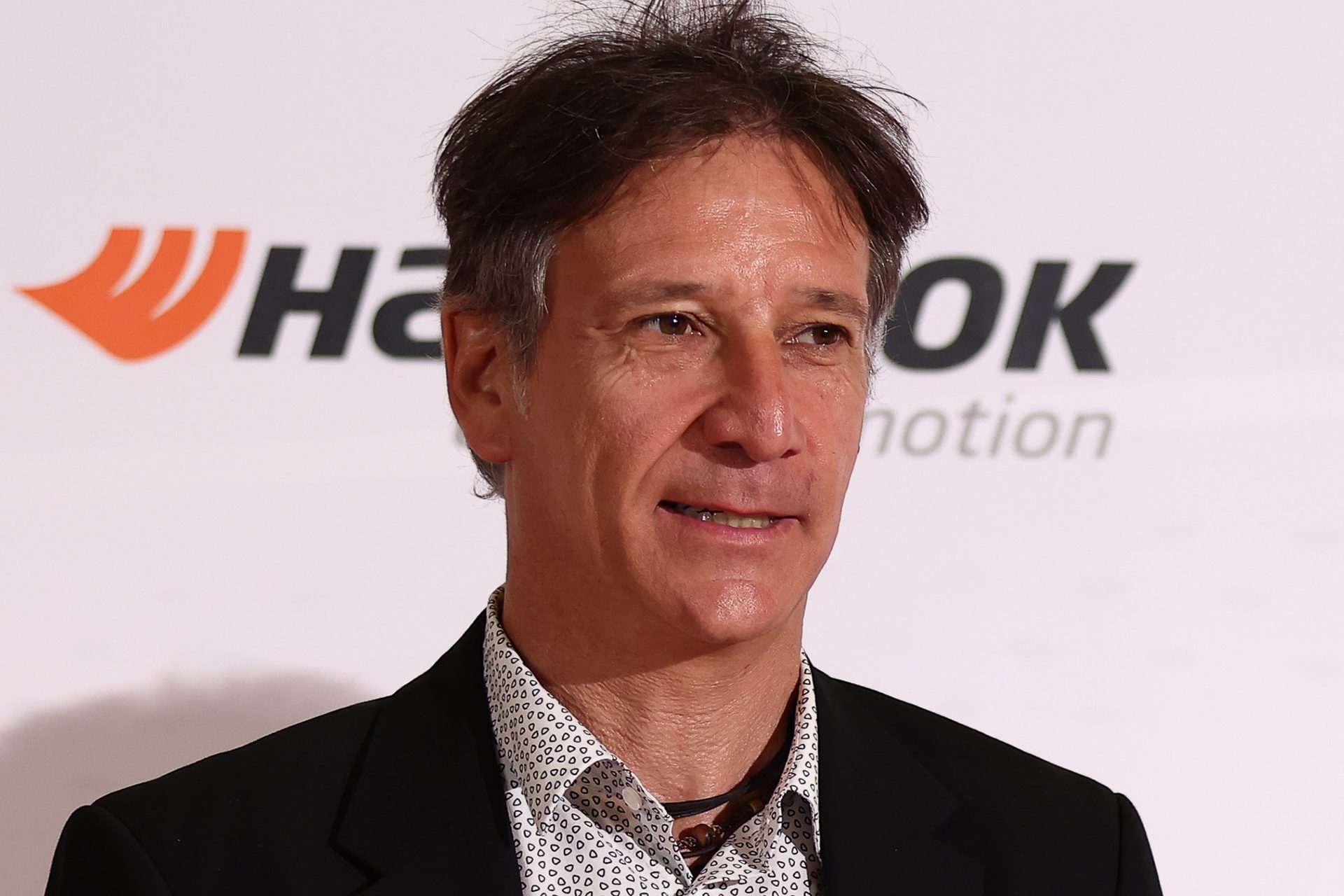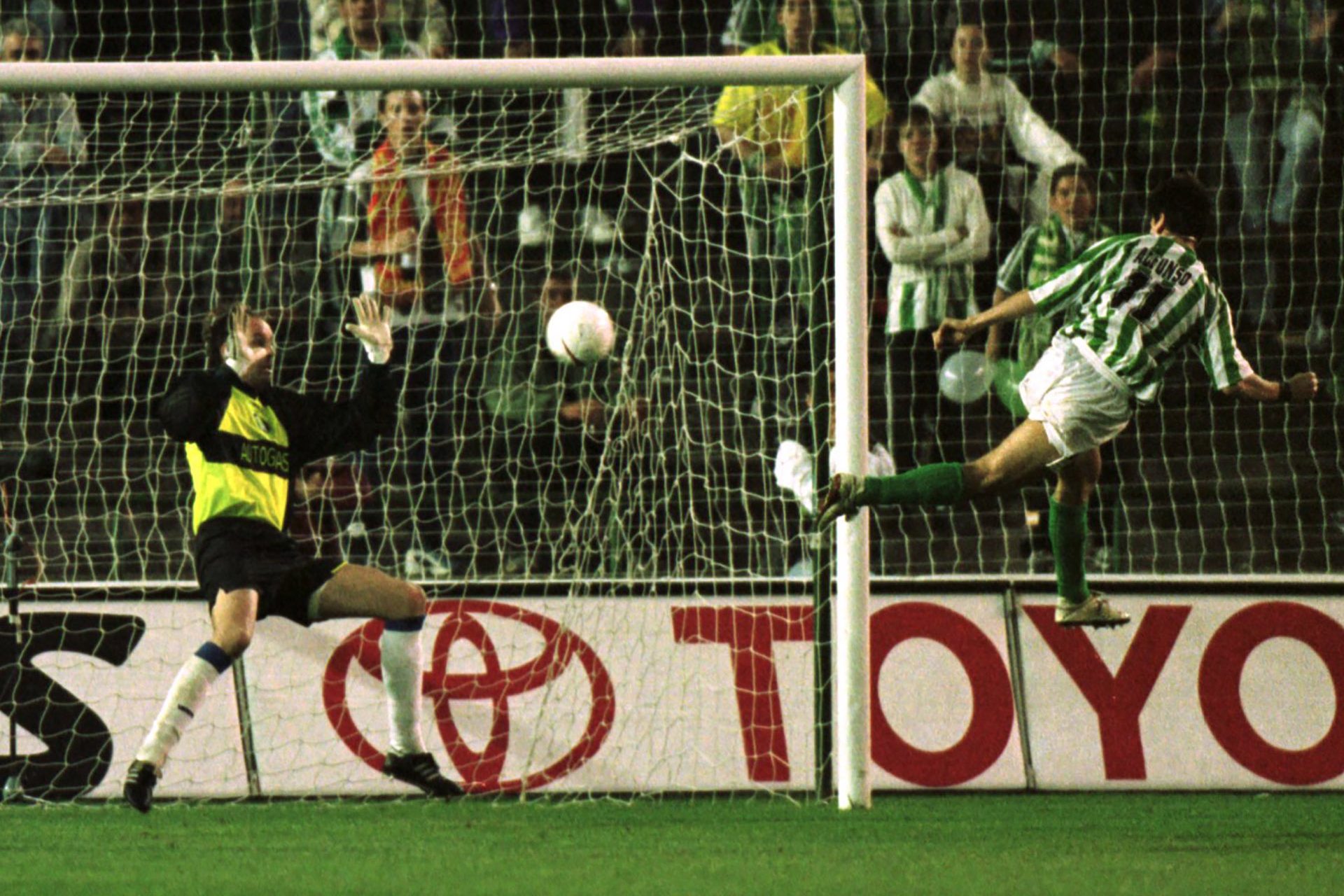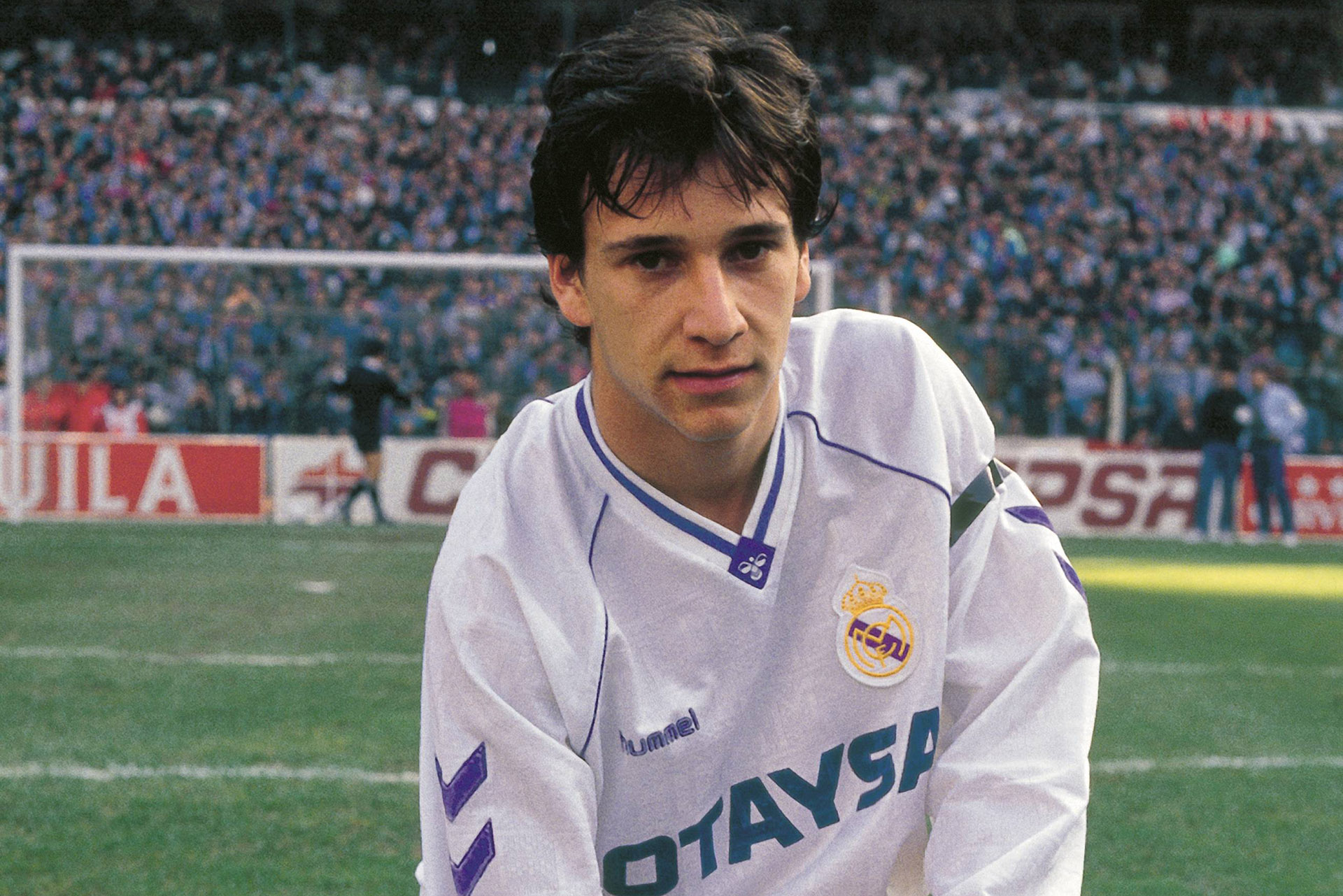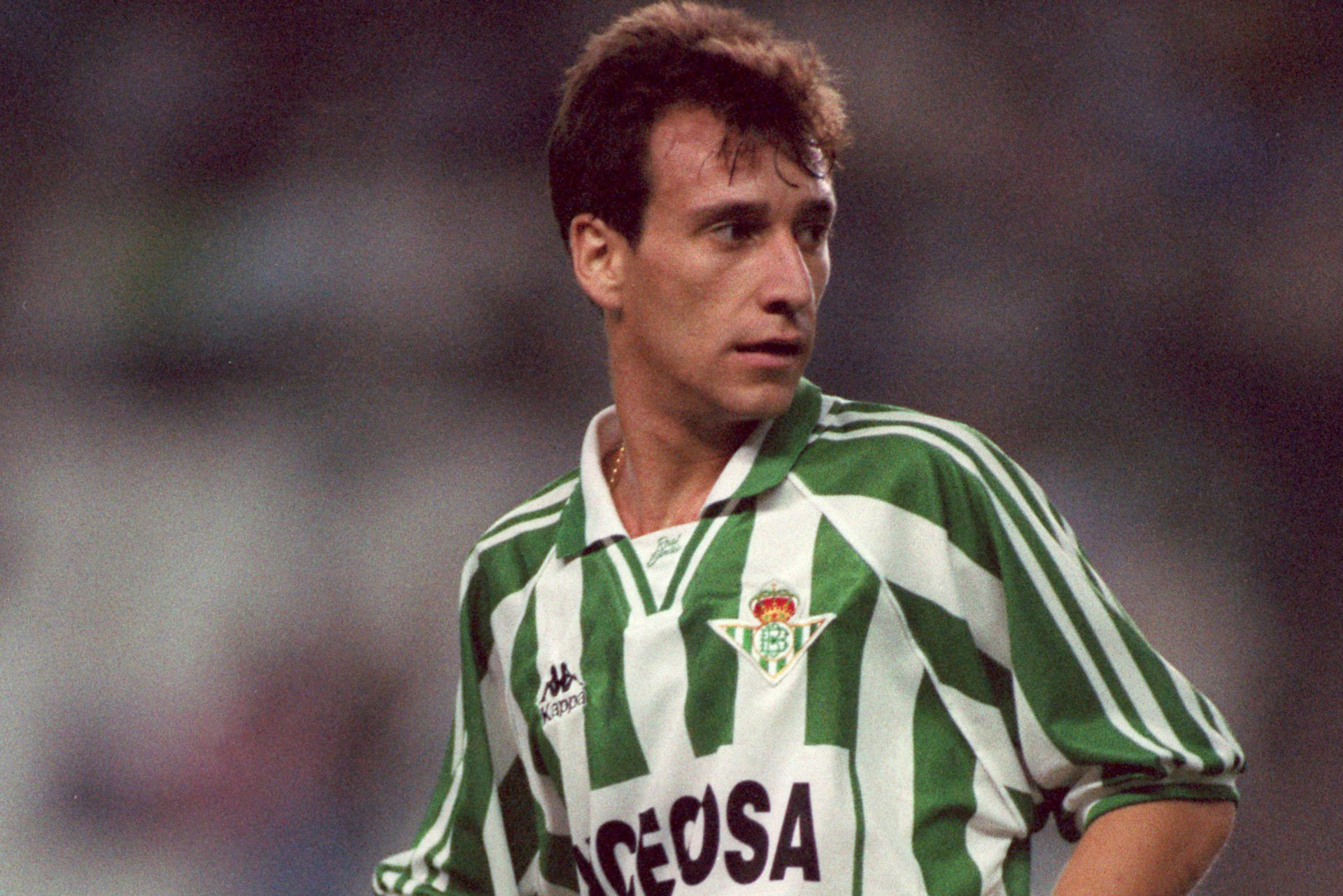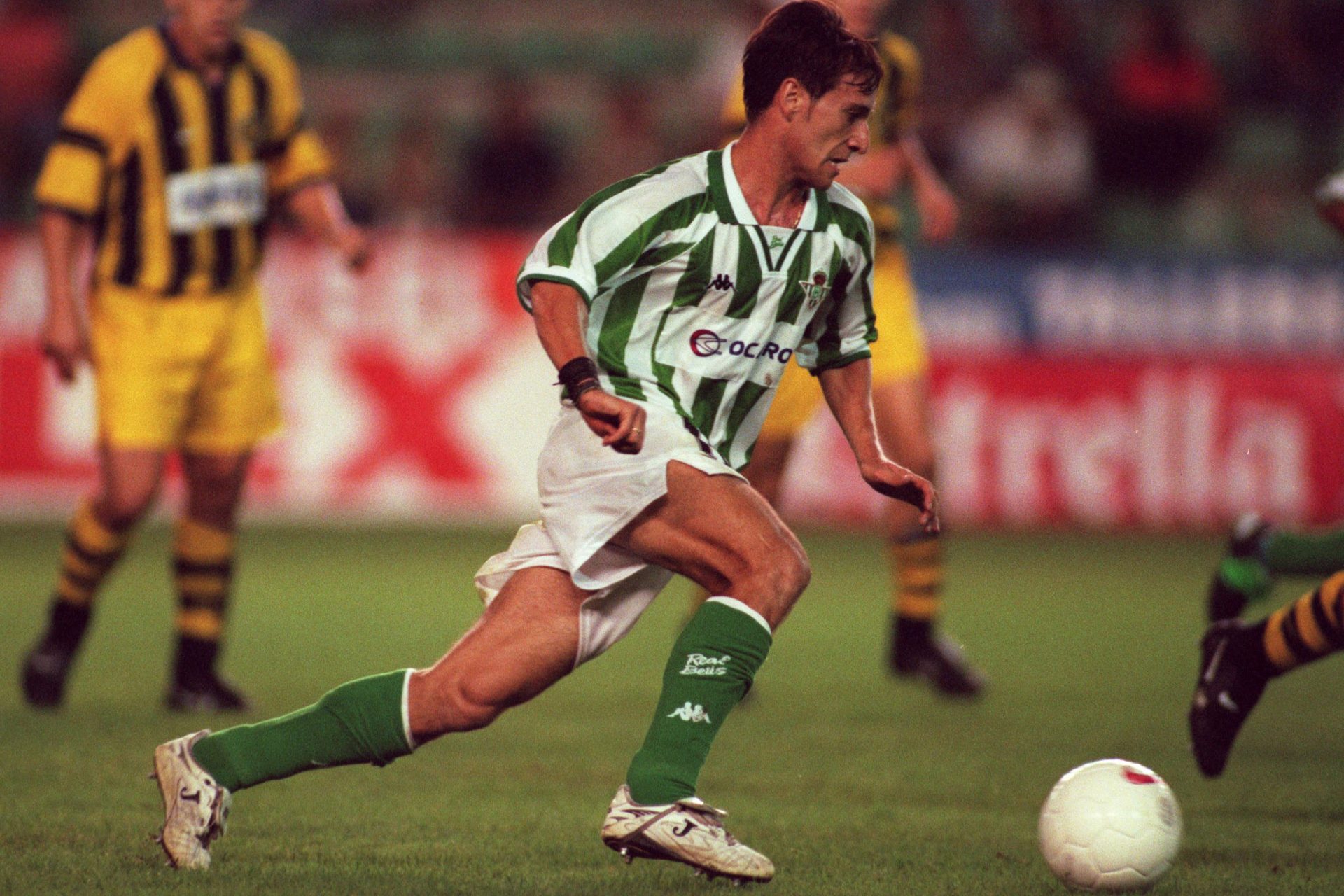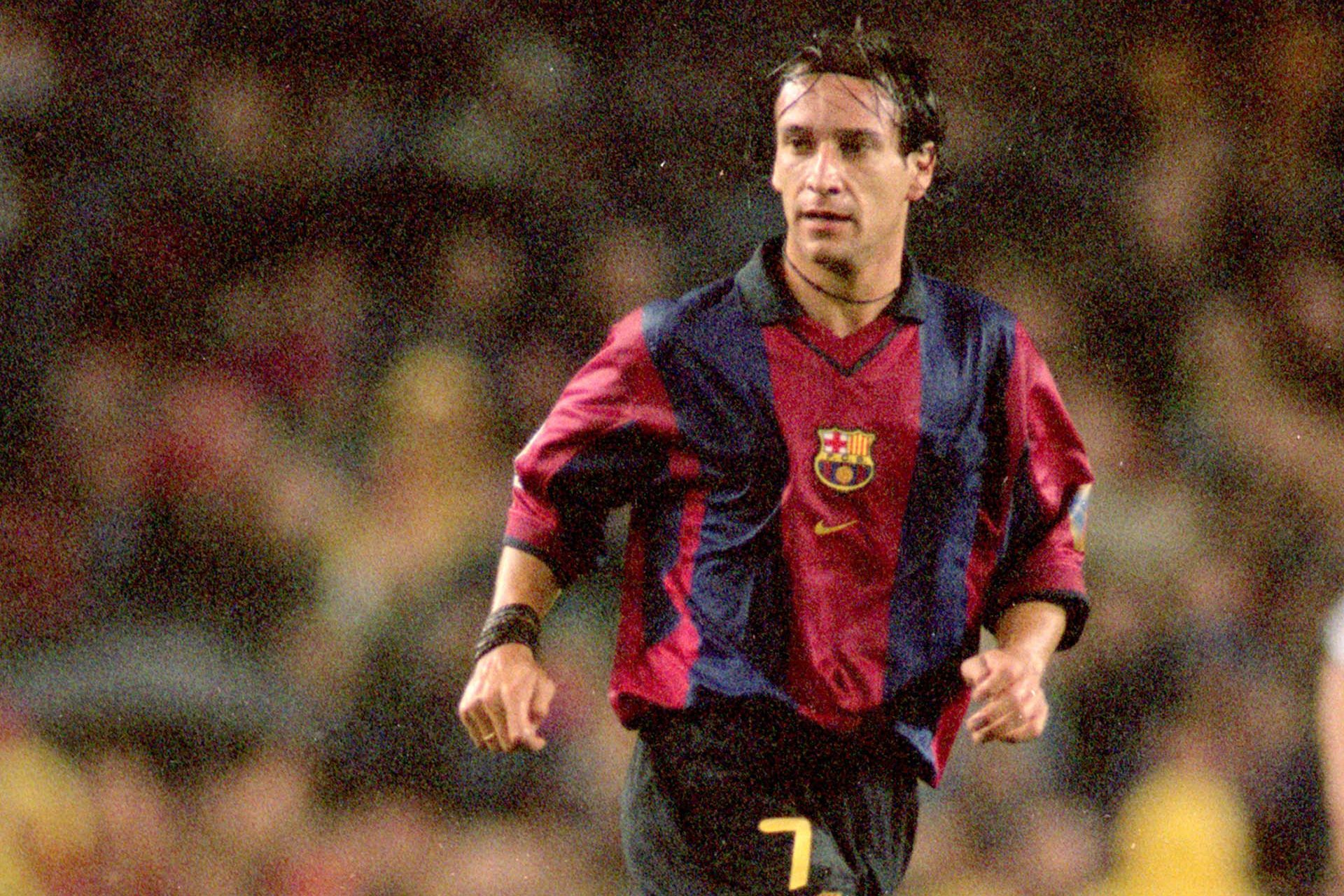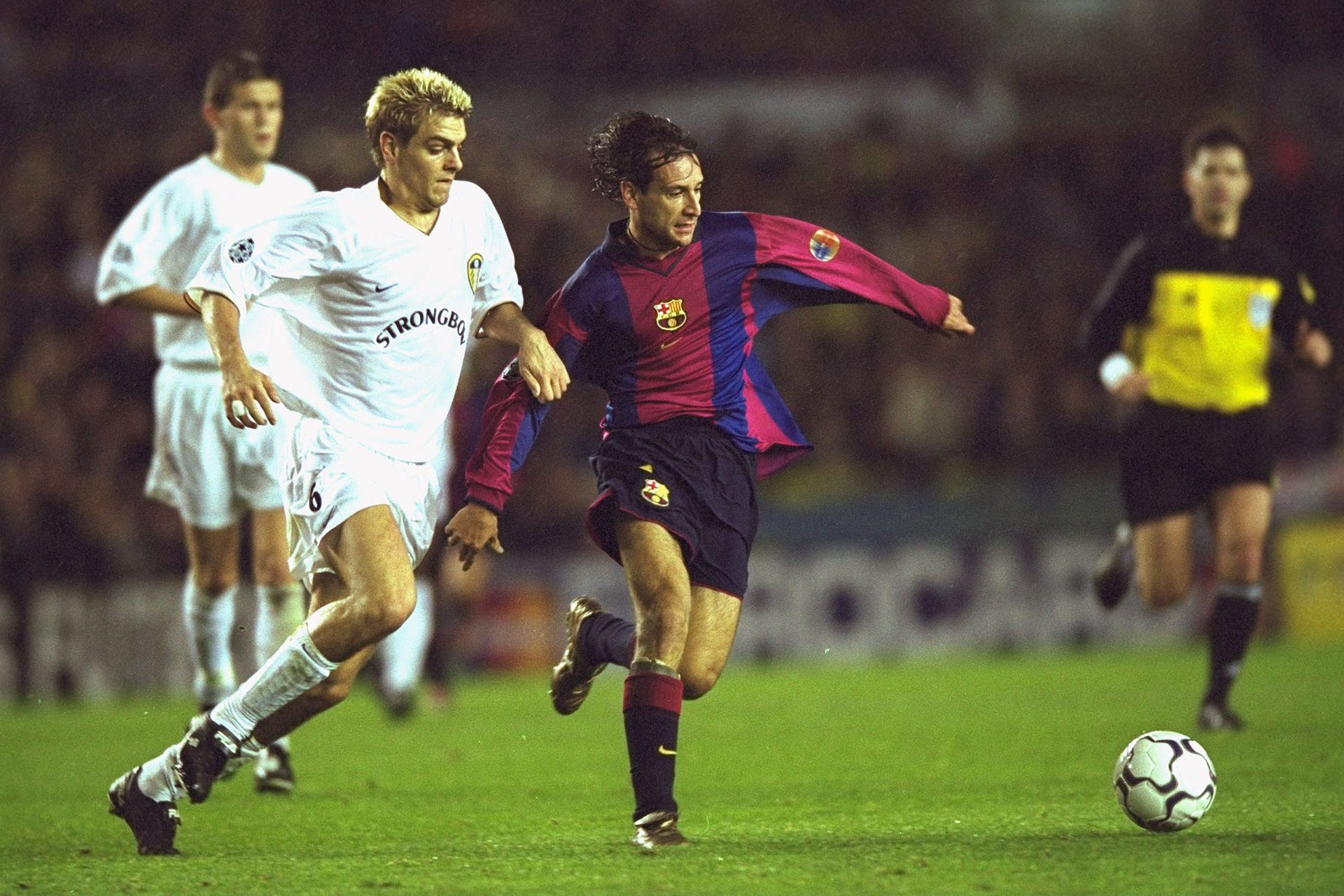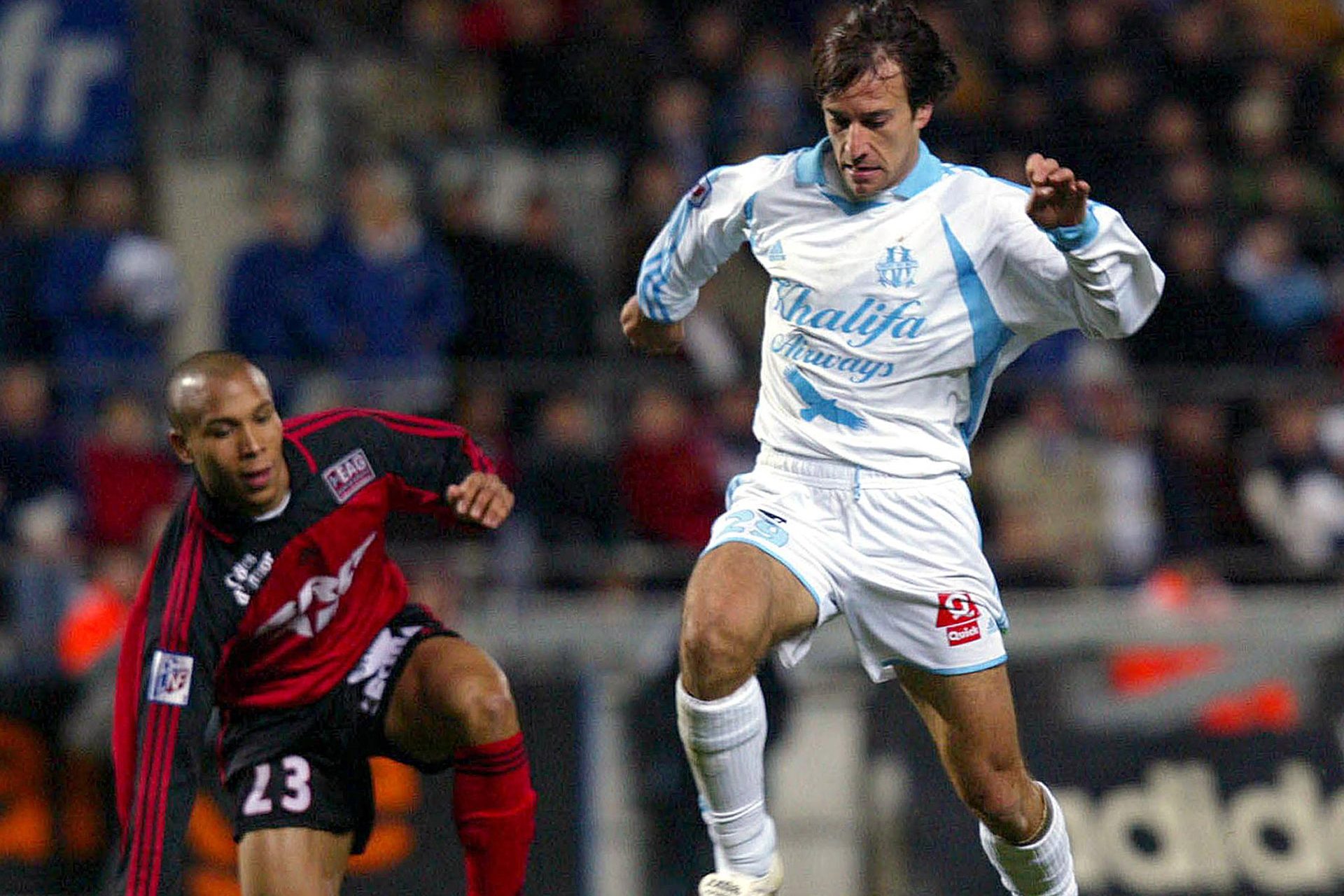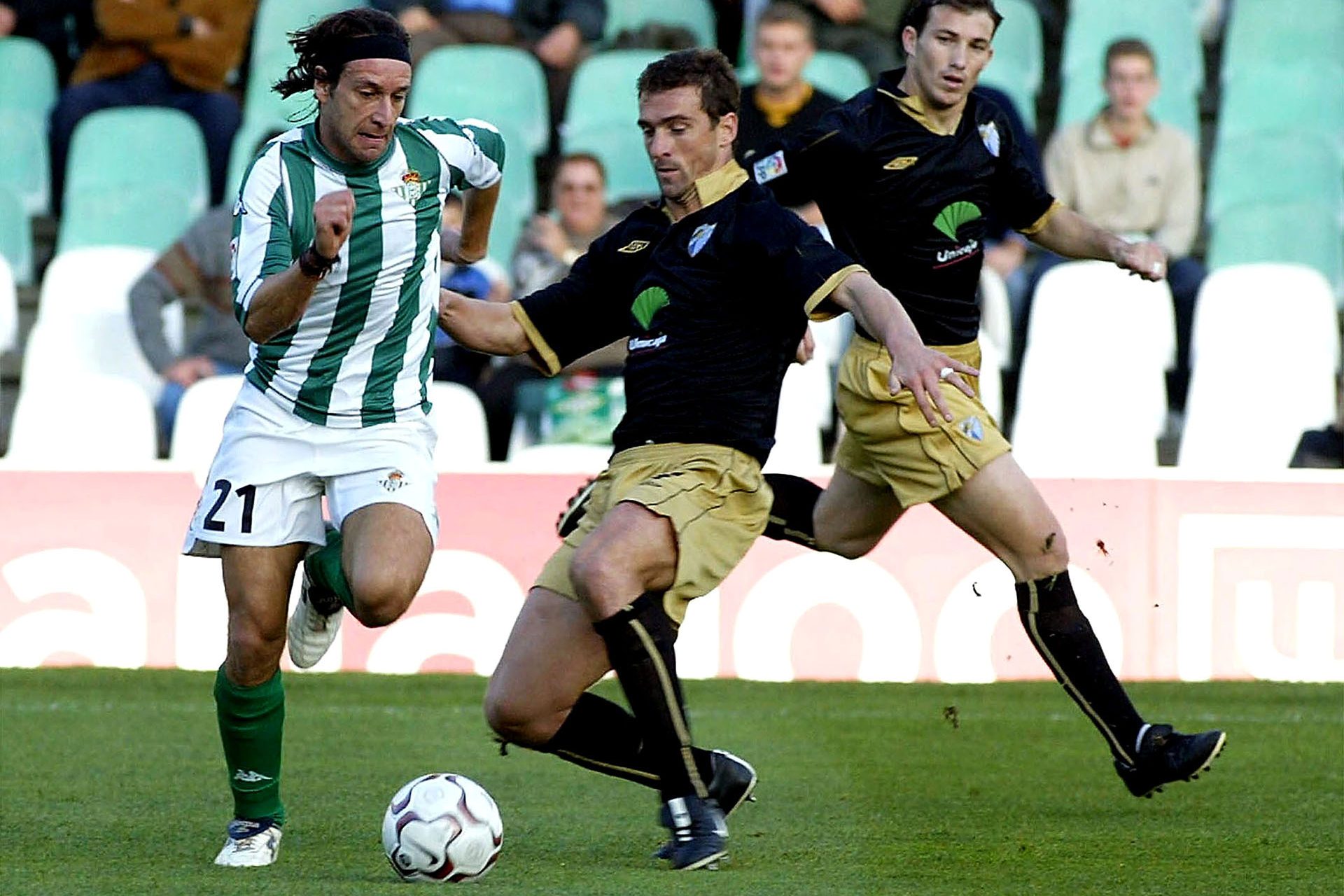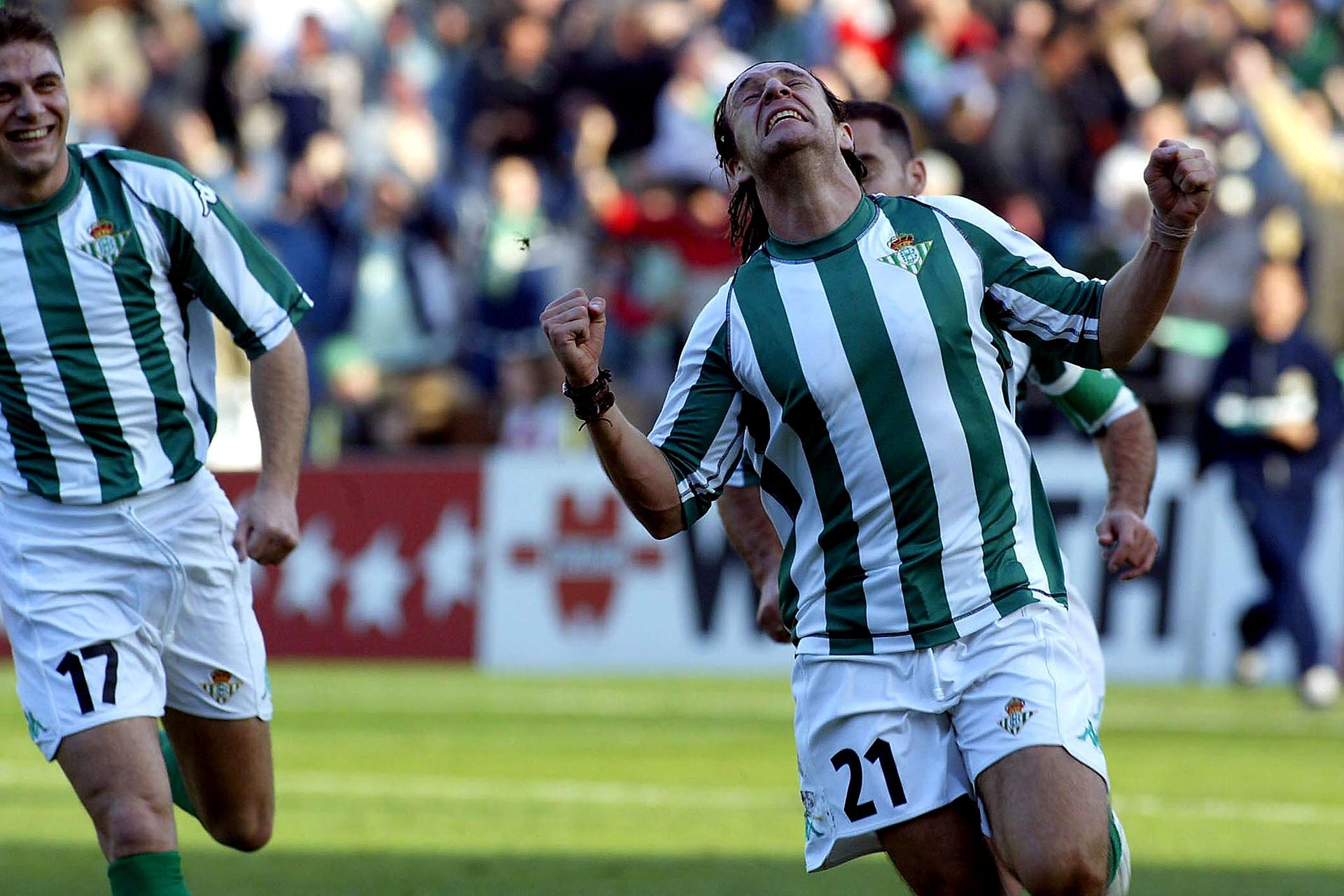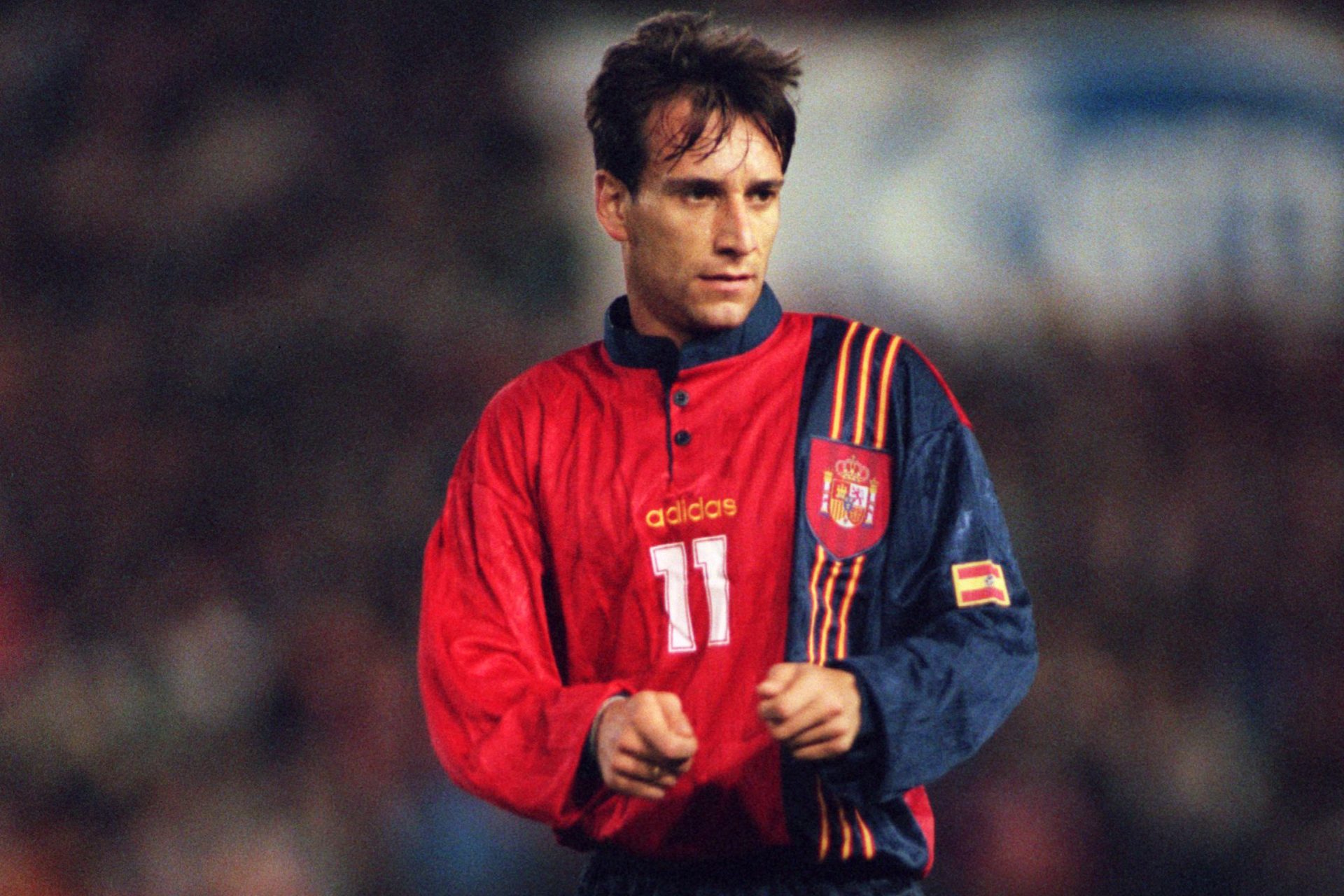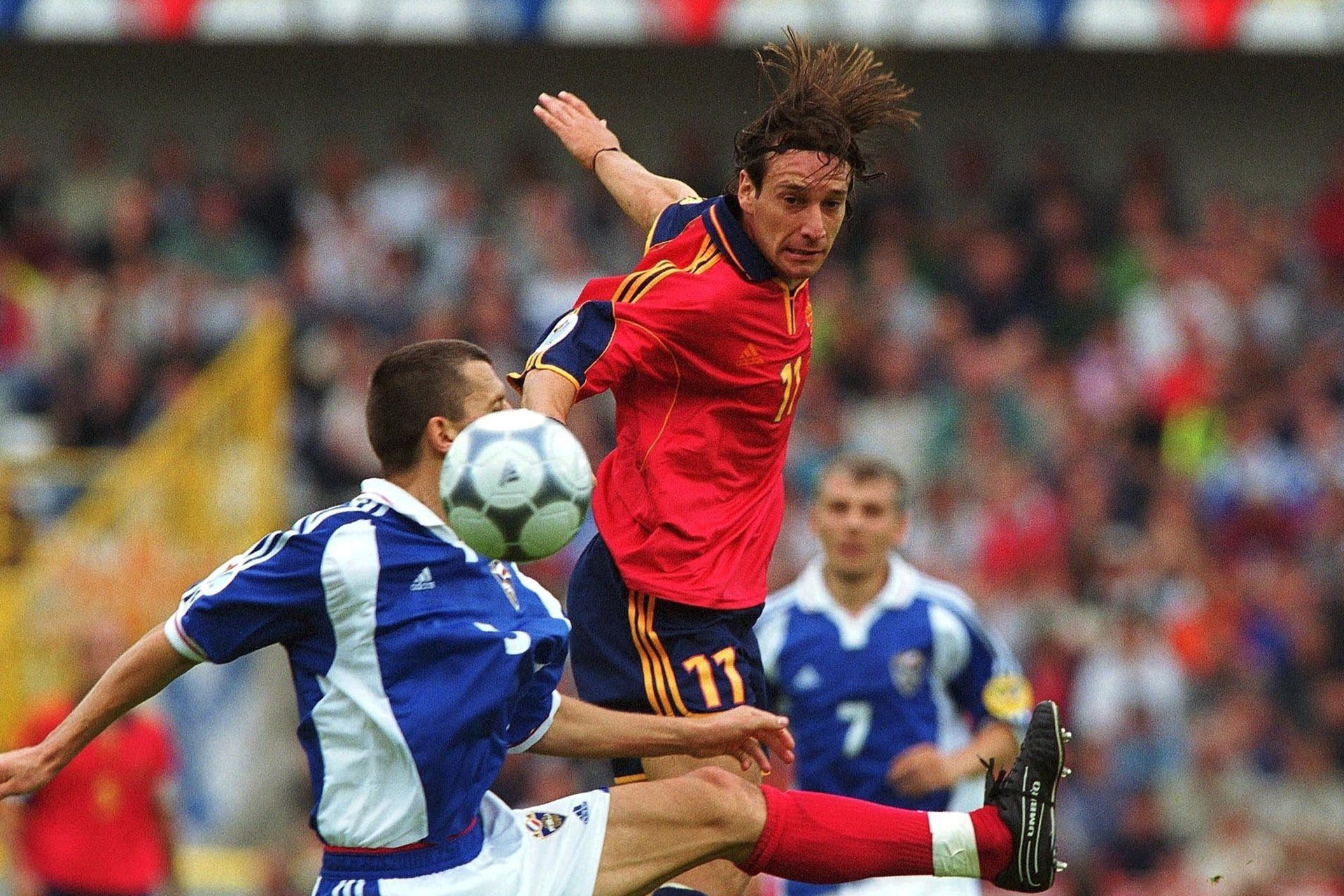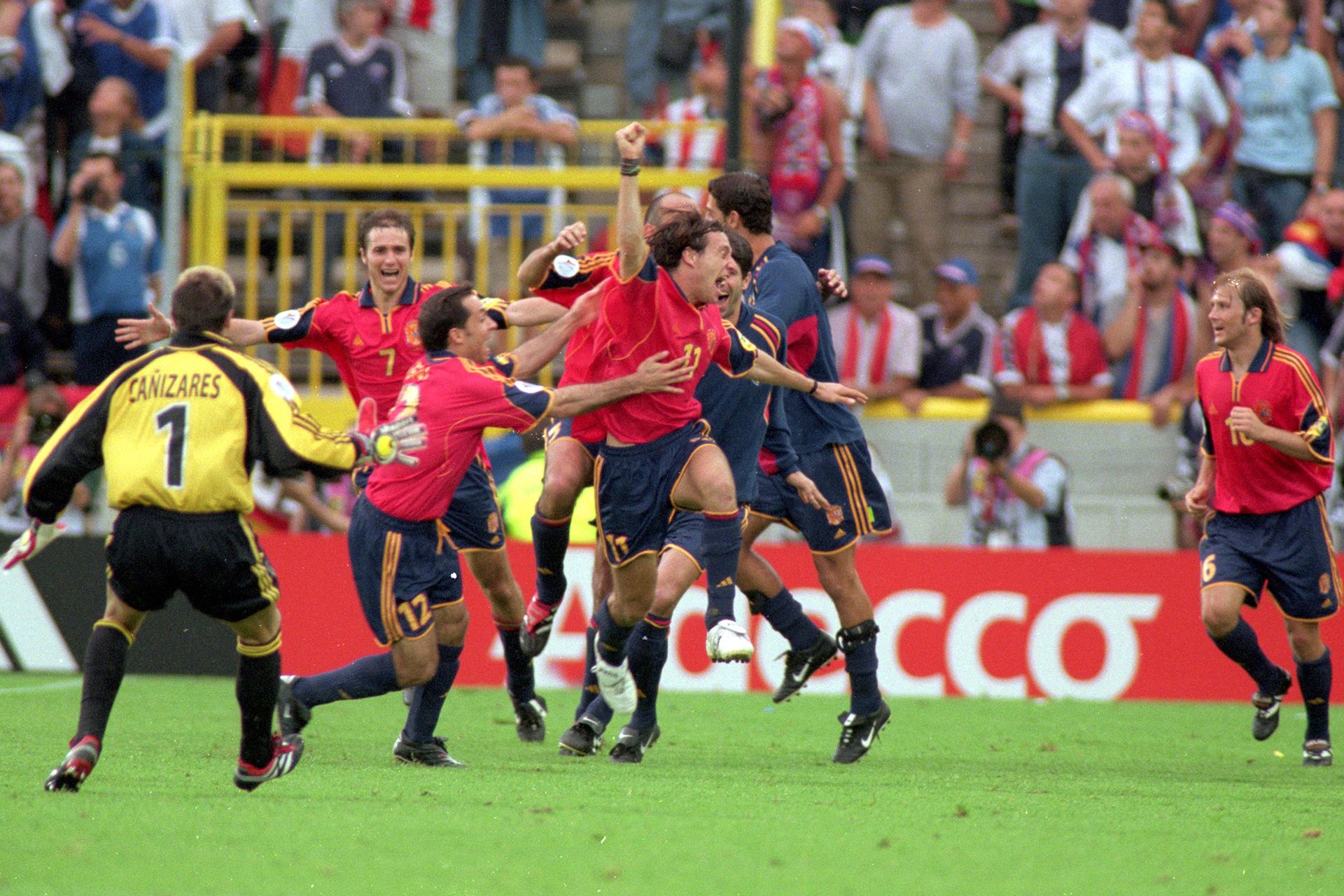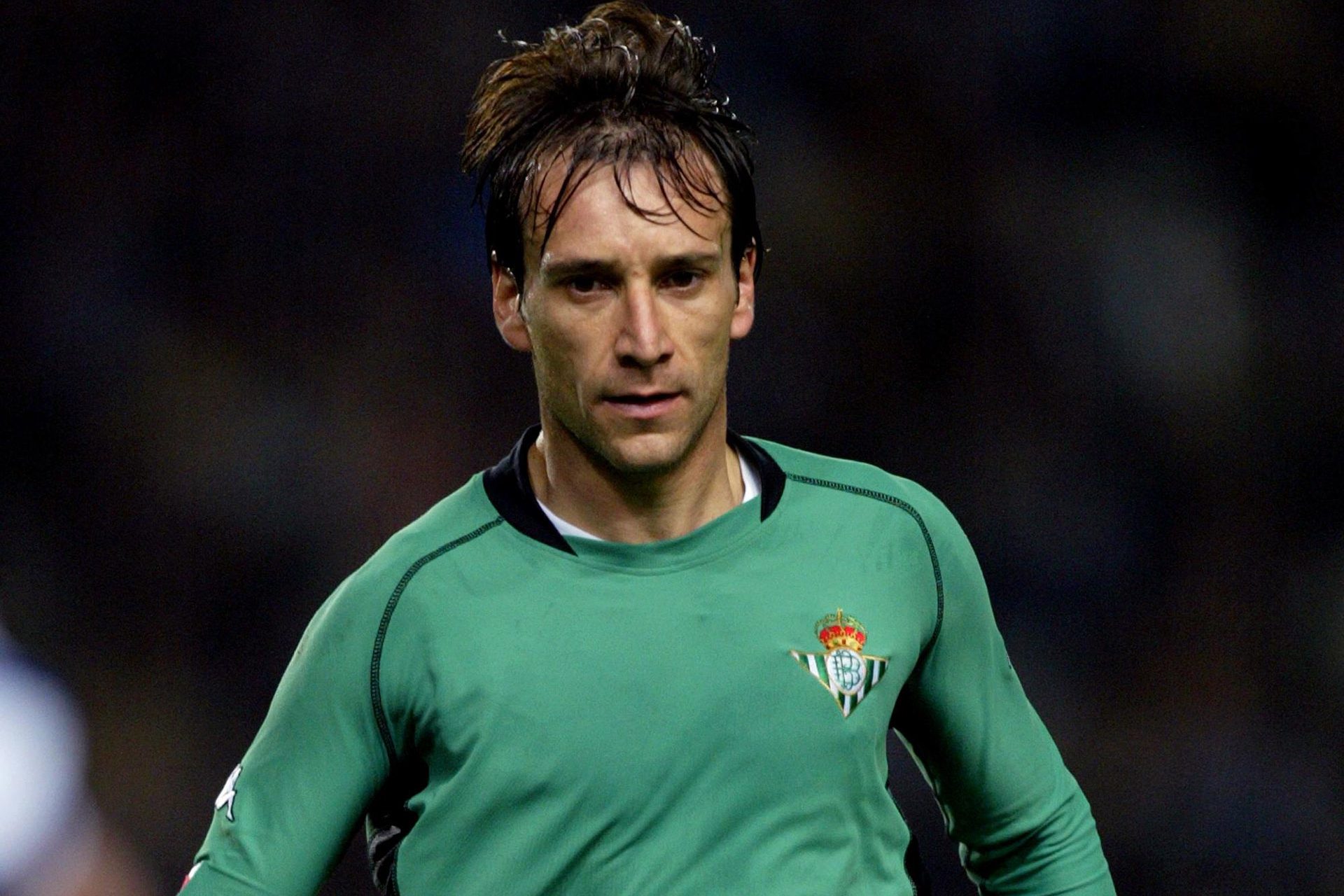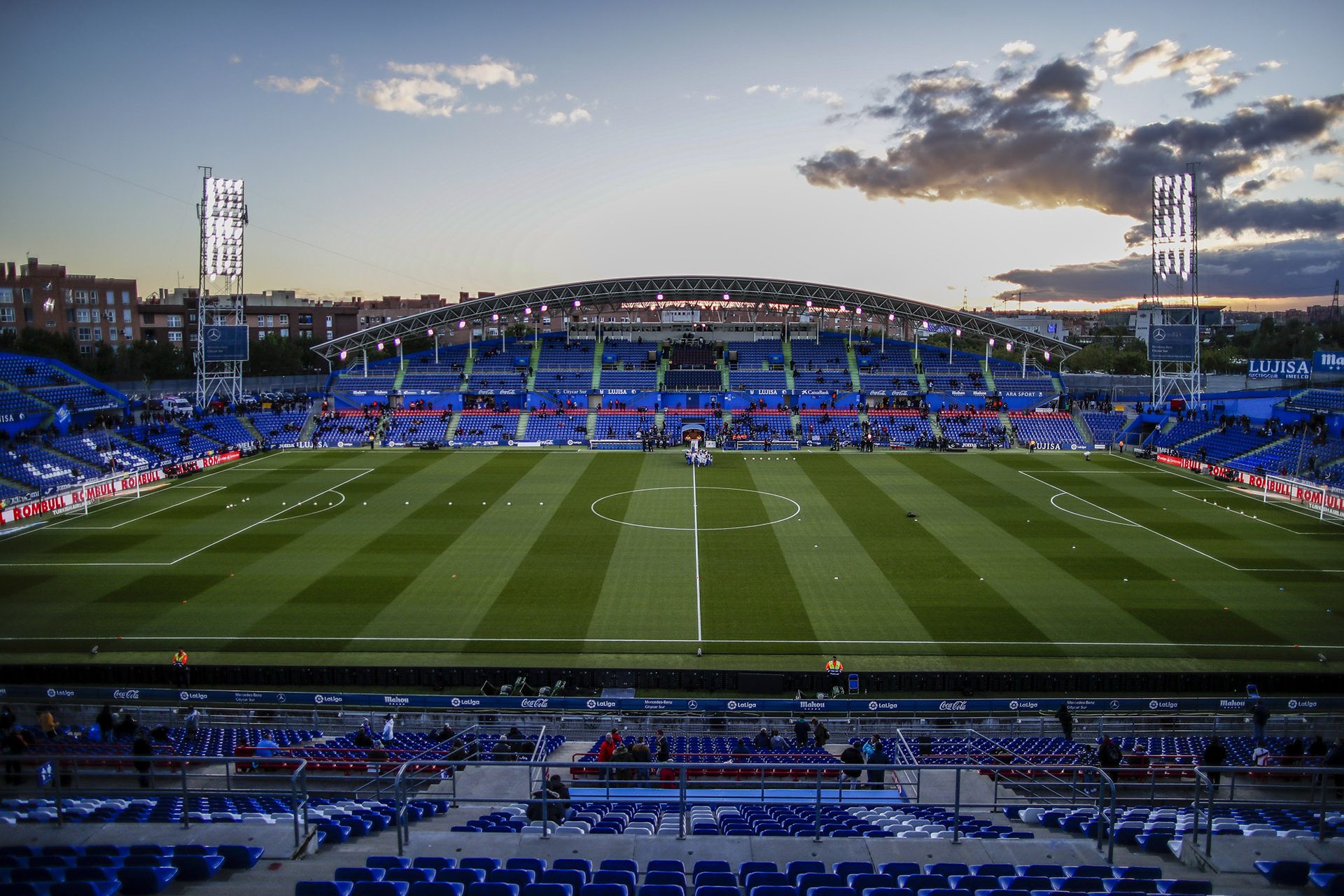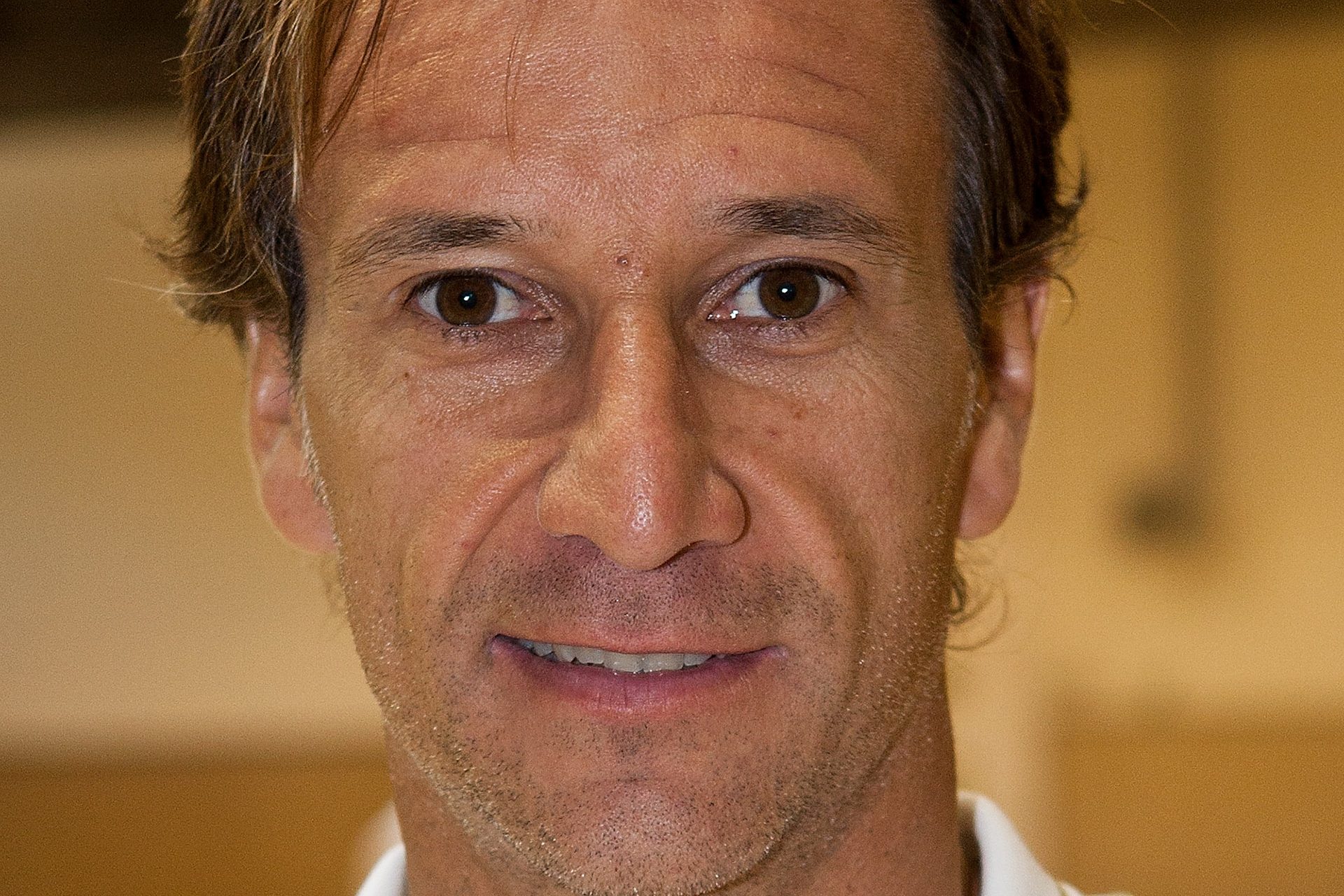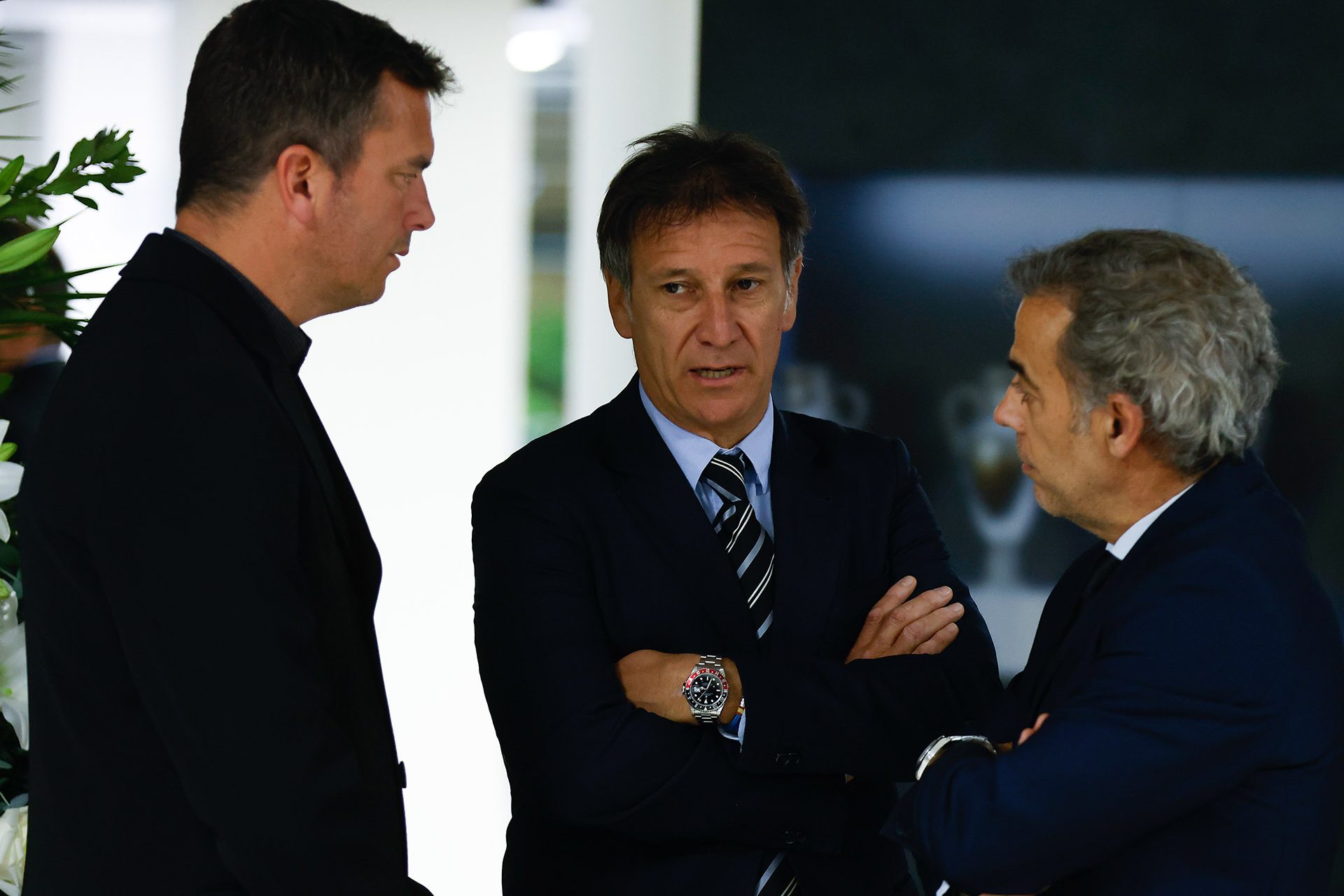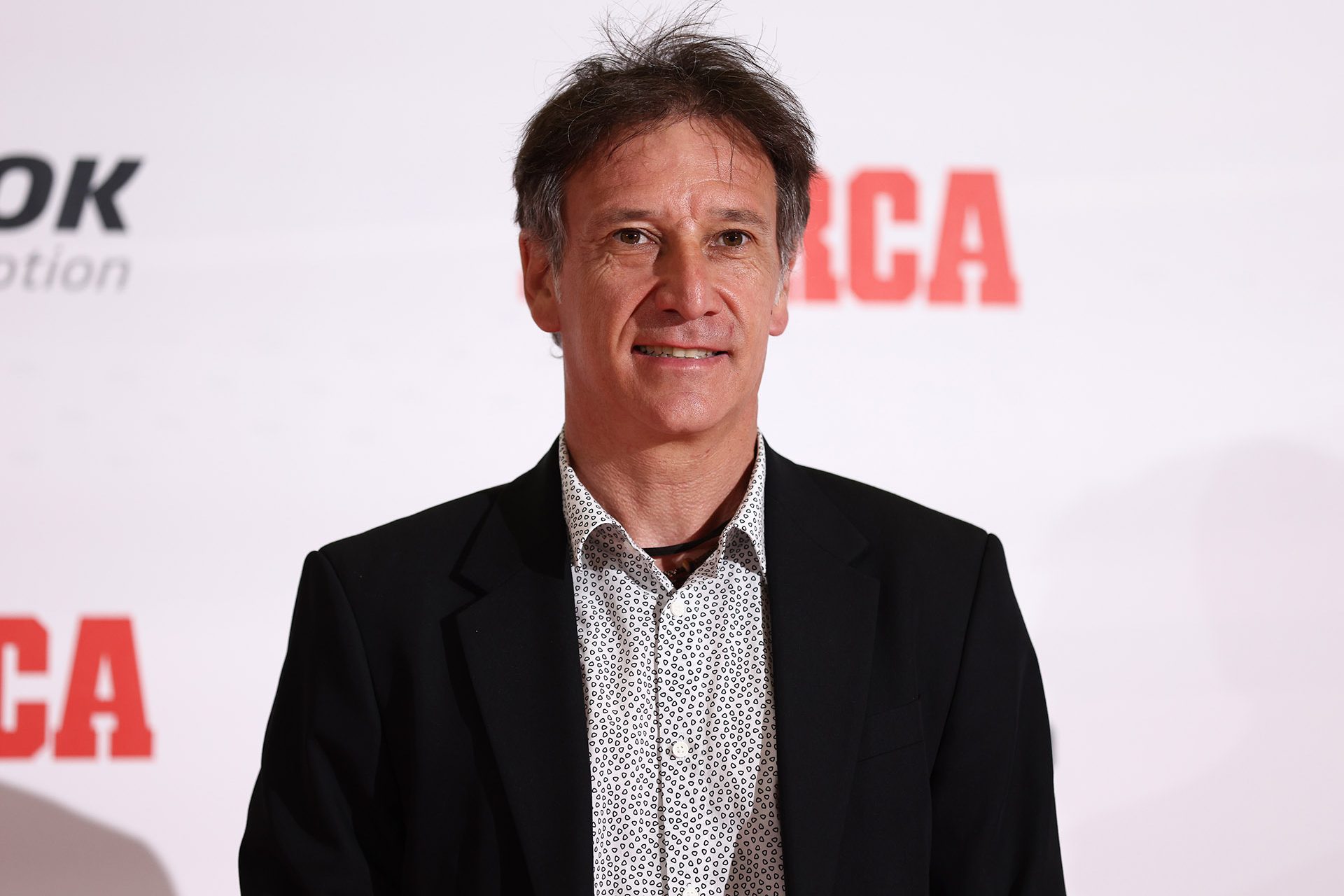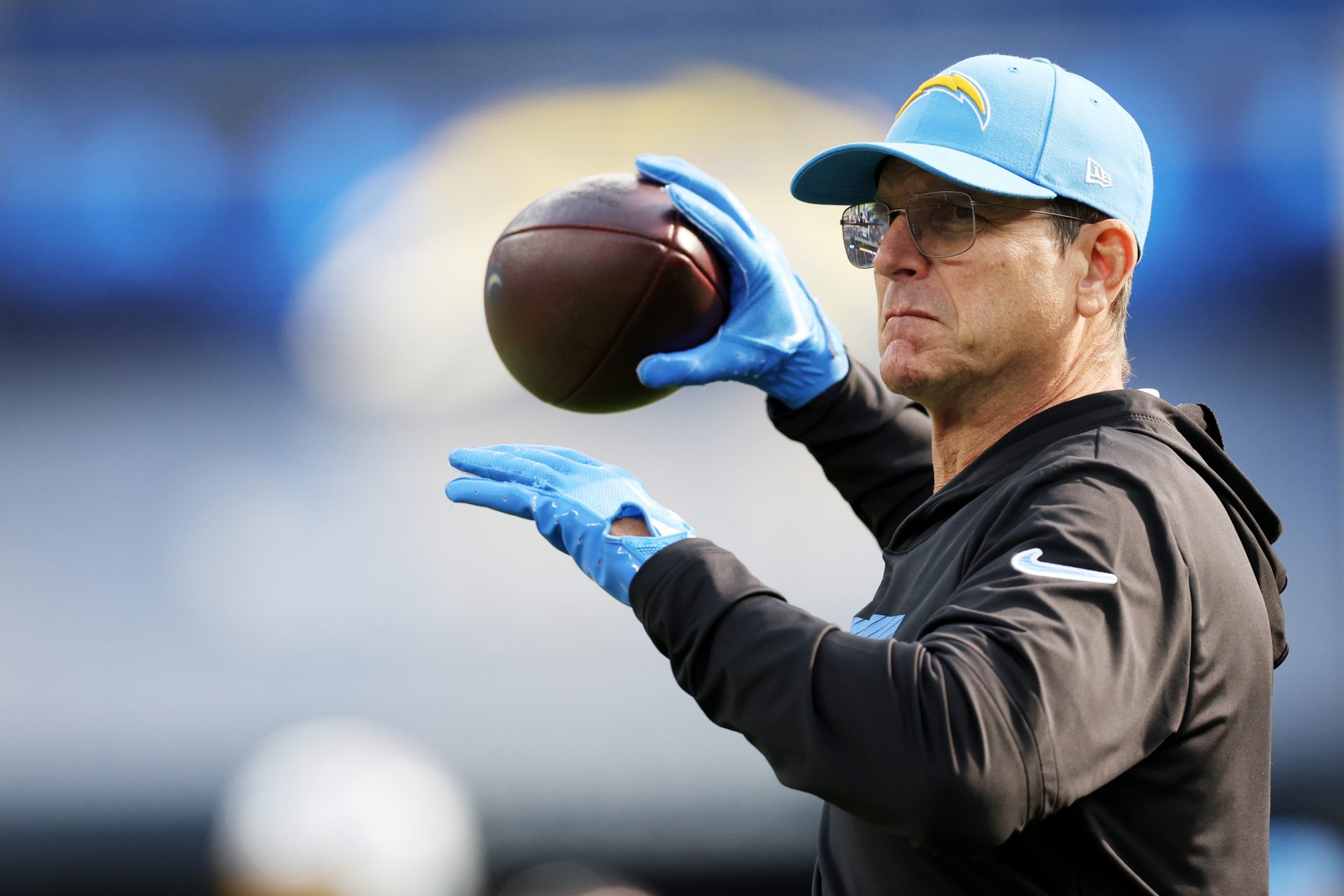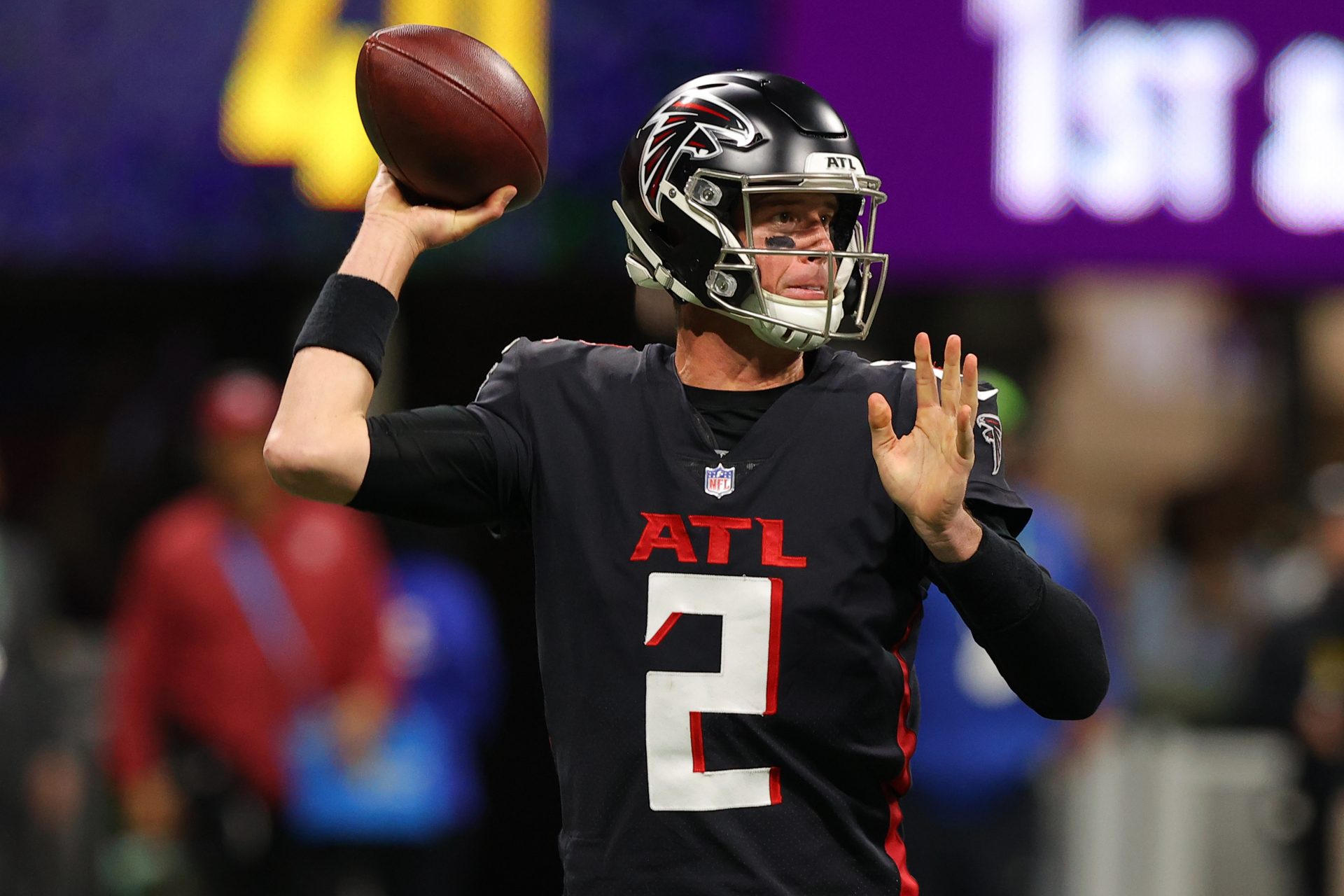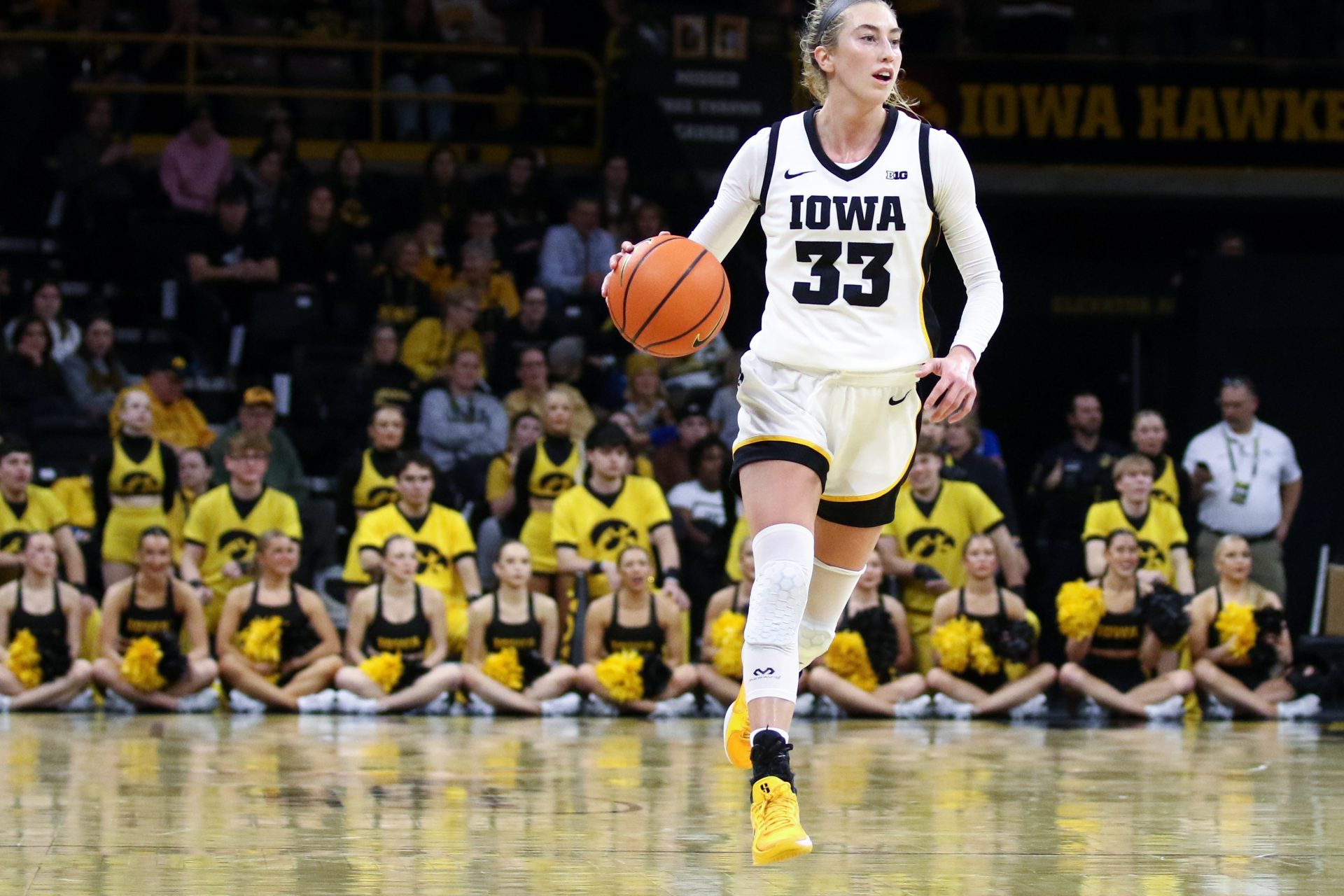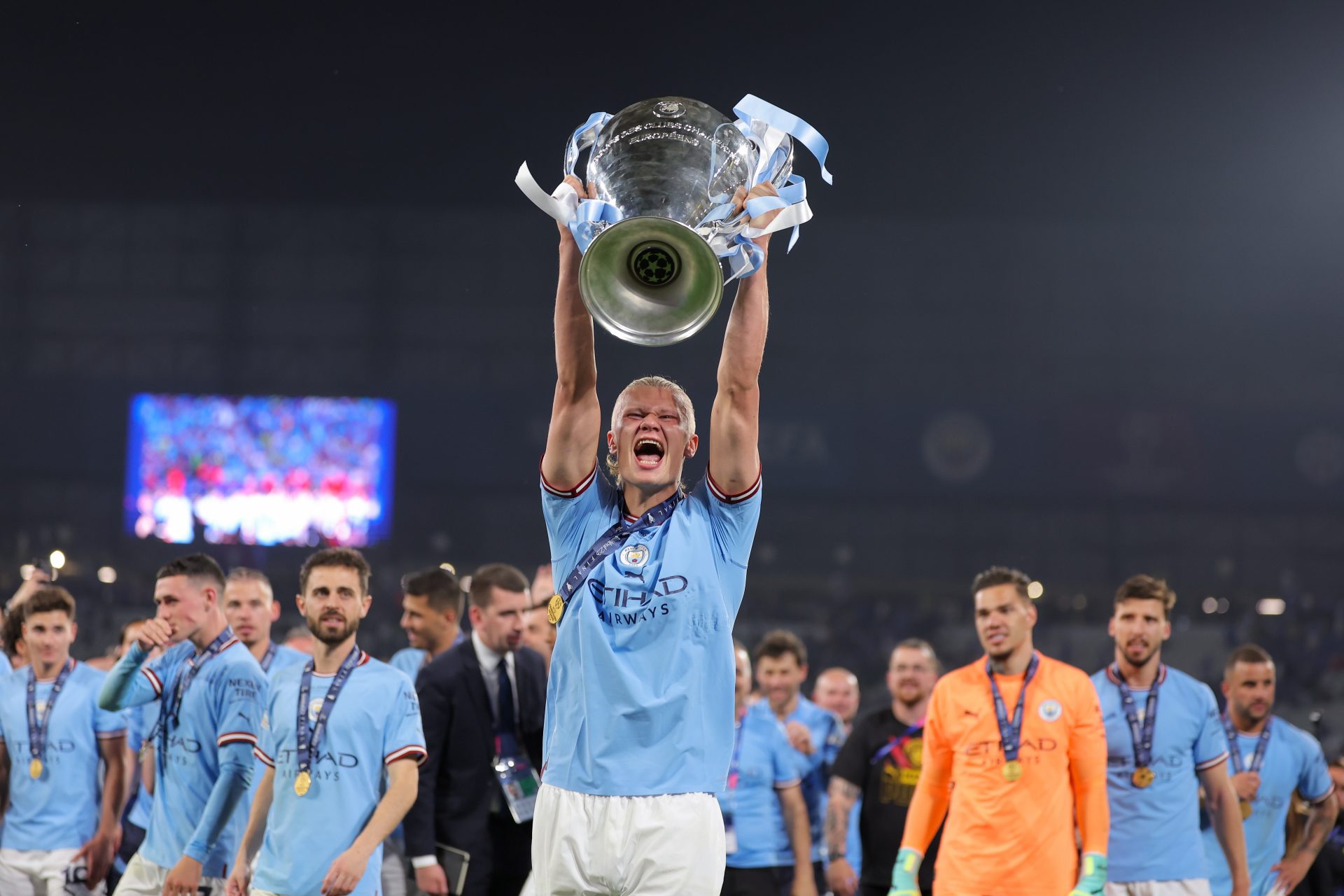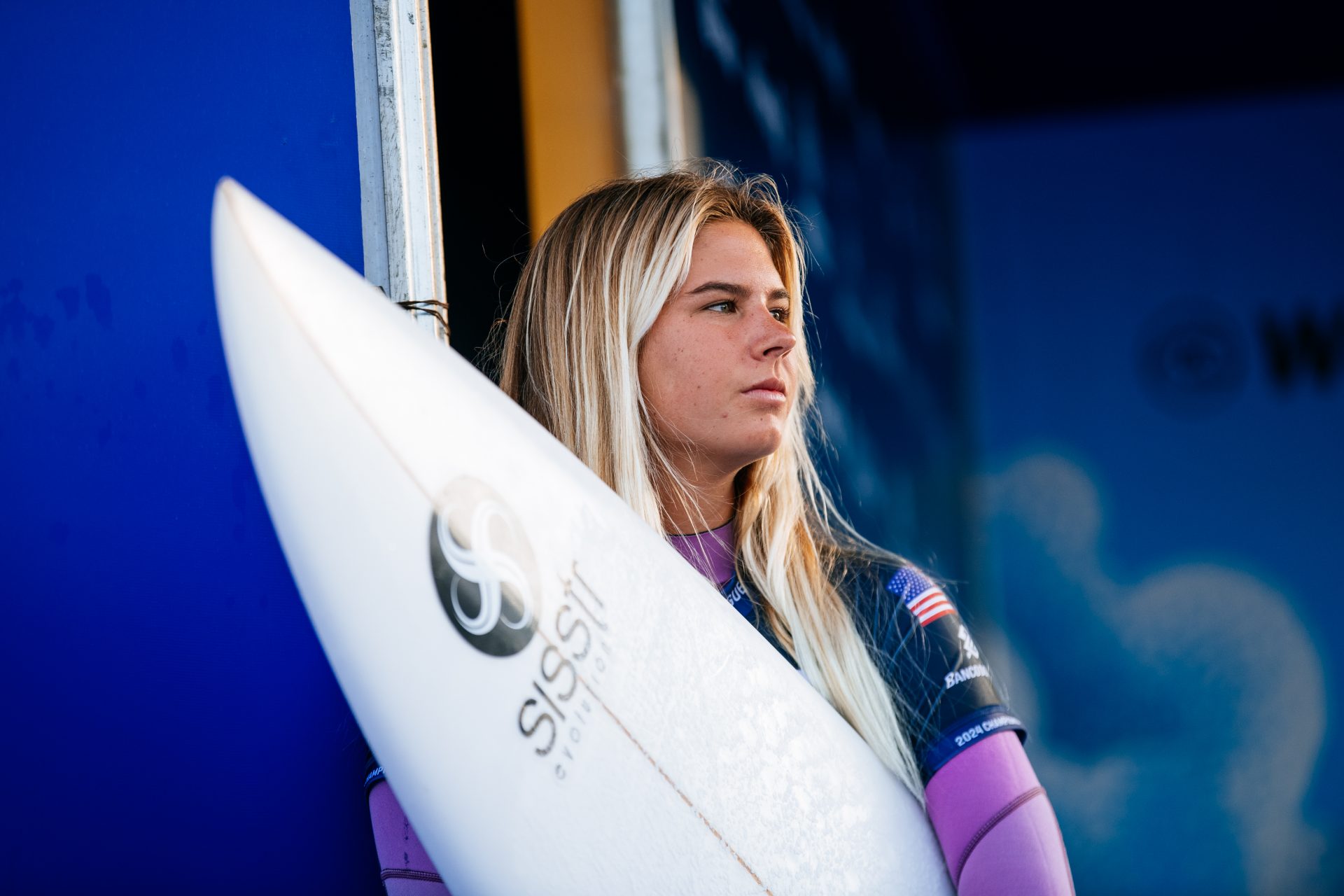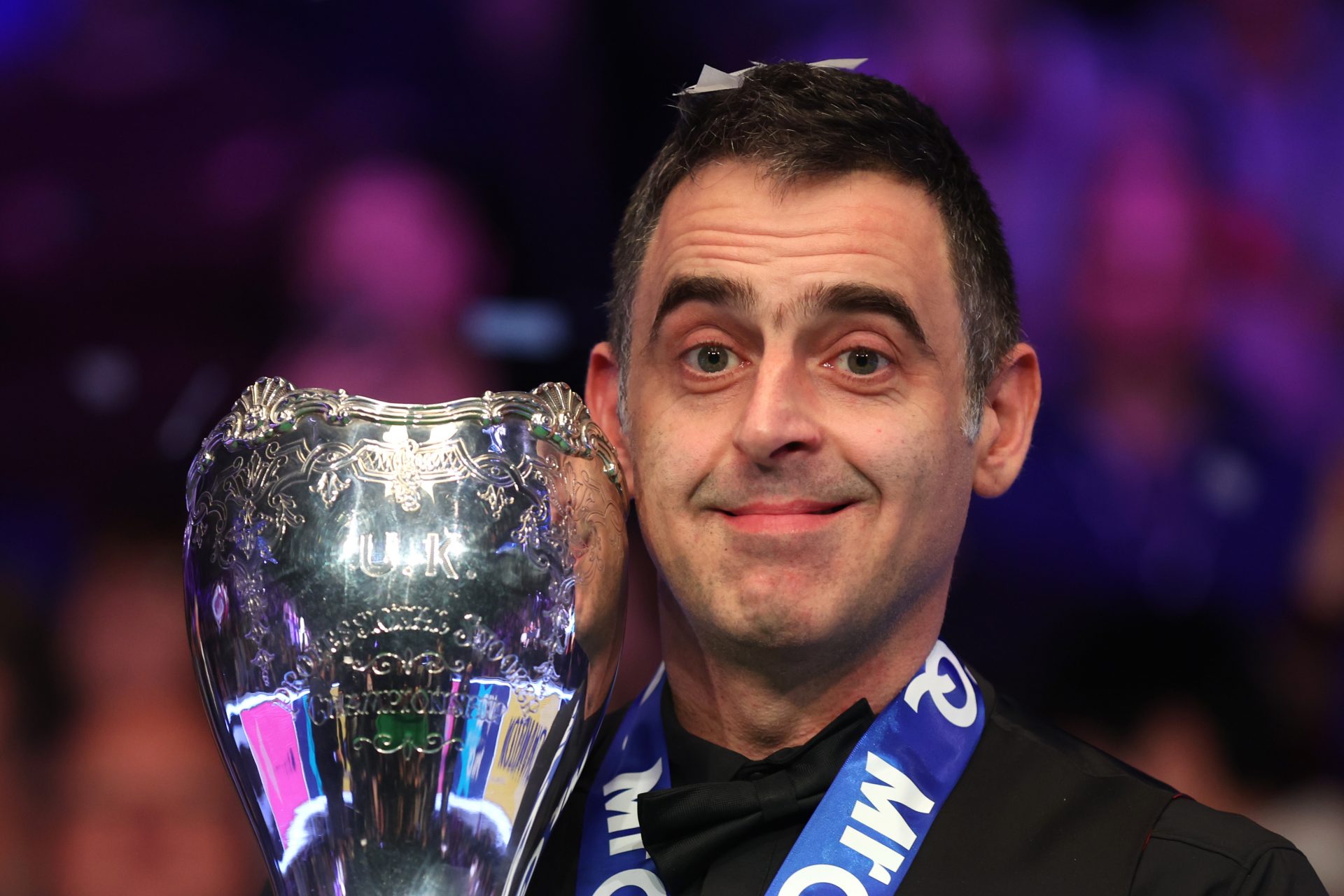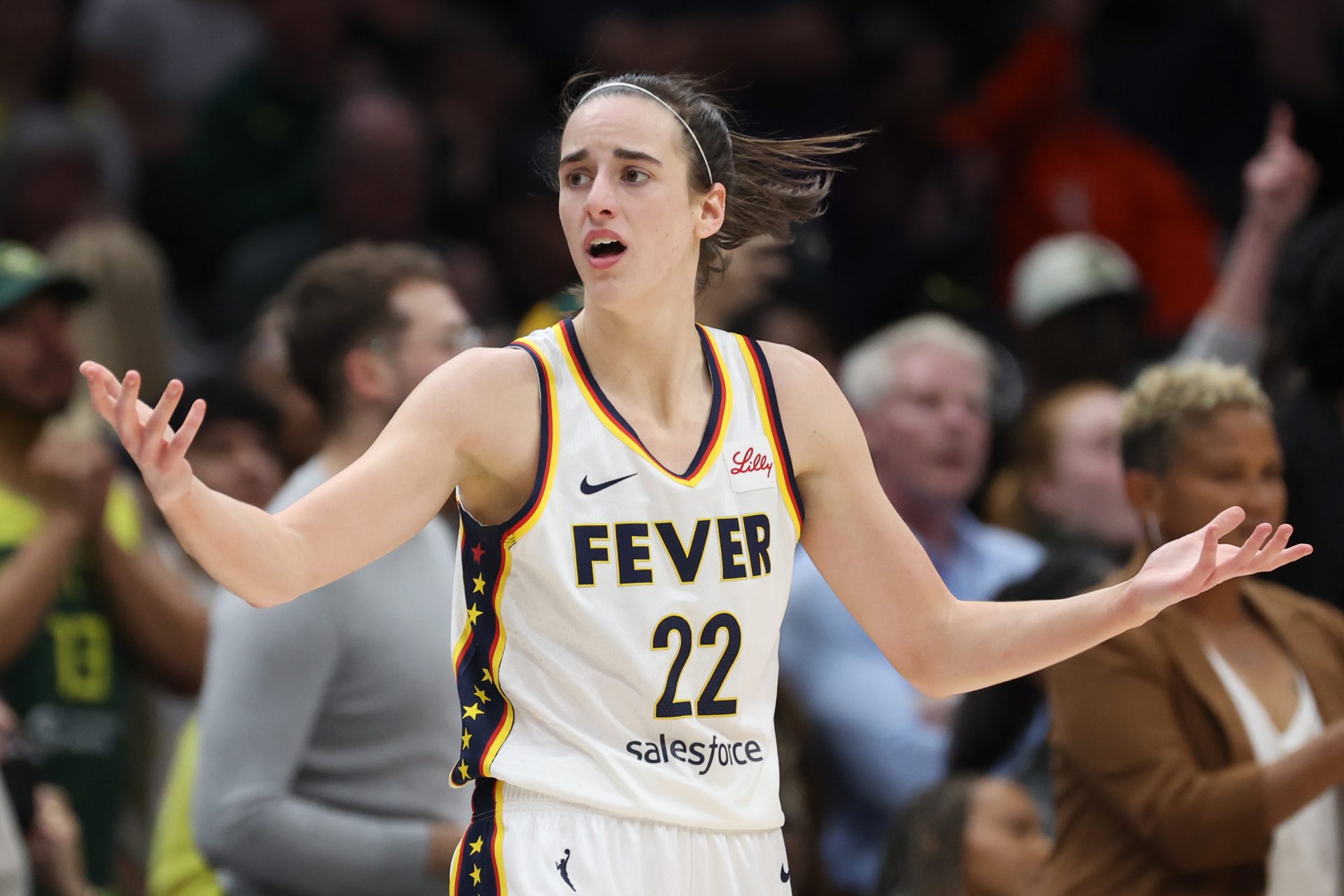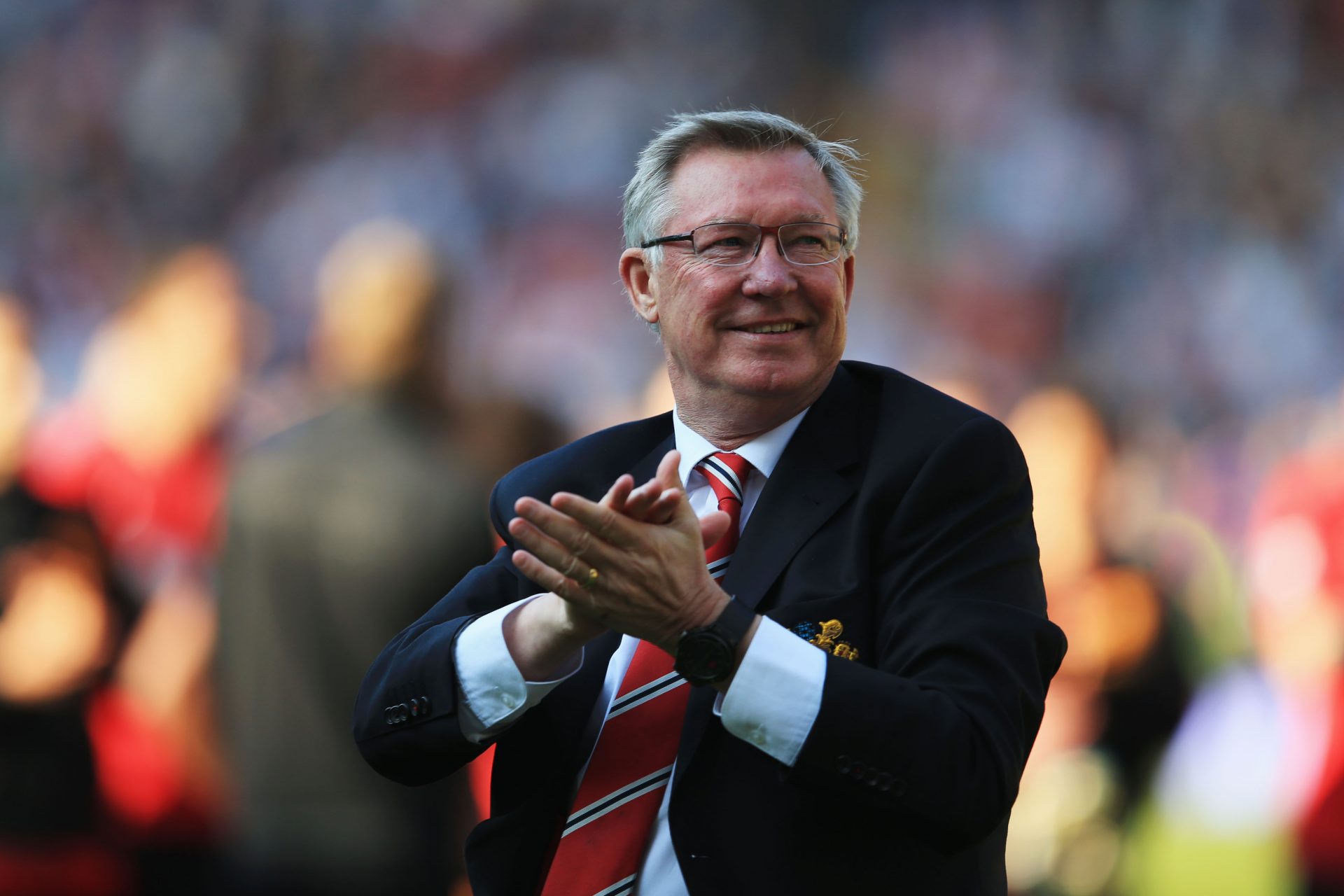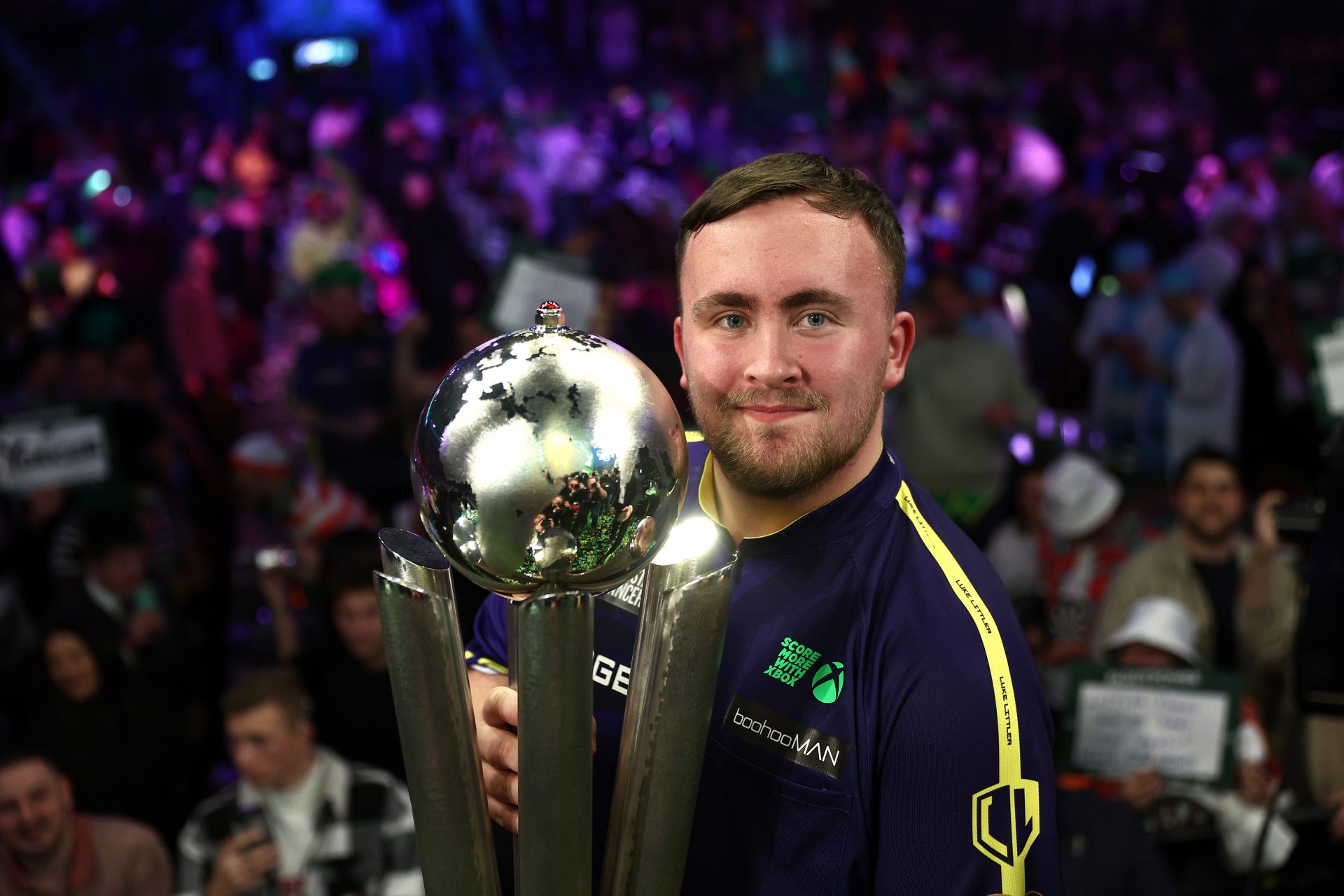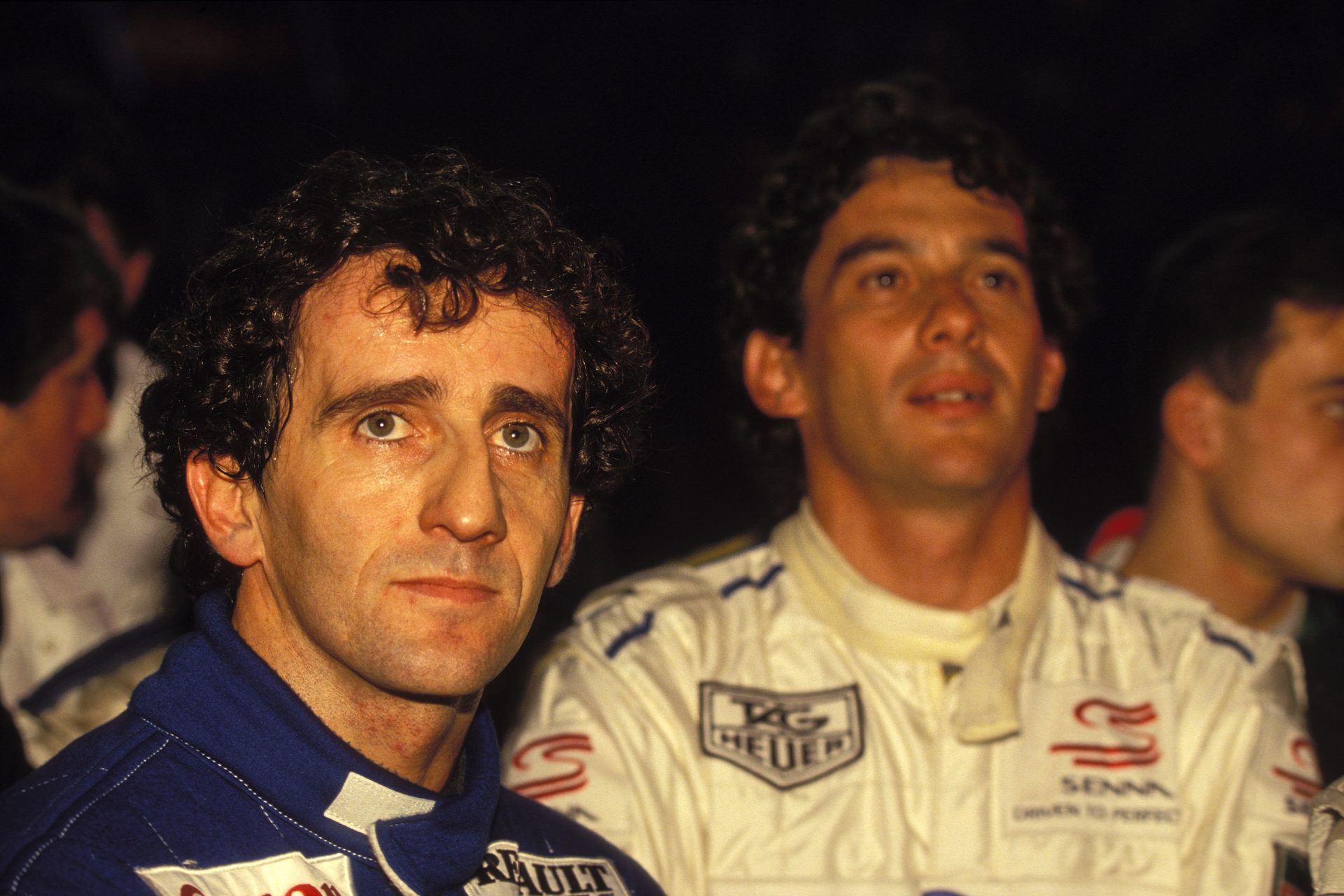"They are not comparable to men": Alfonso Pérez, ex-Real Madrid player, on female footballers
Alfonso Pérez, the former Real Madrid and FC Barcelona striker has been criticized for his harsh words aimed at female football players, specifically the Spanish women's team following the Rubiales kiss row.
During an interview with journalist Iñako Díaz-Guerra (El Mundo), Pérez openly criticized the overall conduct of the Spanish national team during the World Cup. Pérez has publically shared his differences, claiming: "I have a quite dissenting opinion."
"I think it's very good that women have their space and their rights, as they have for many years, but I think that women's and men's football cannot be compared at all, because everything depends on the income you generate and the media impact. And there is no comparison there,” declared the former footballer.
In that sense, Alfonso made some comparisons: “Surely other athletes would like to earn like the national team's soccer players and they can't. I would like to collect Cristiano Ronaldo's money, but I'm not that good. It is what it is. “Everyone has to know where they are.”
According to the former athlete, female soccer players "can't complain" since, in his opinion, women's soccer "has evolved." "They must have their feet on the ground and know that they cannot be equated in any sense with a male footballer," stated the former player for the Spanish men's team in the 90s.
However, Díaz-Guerra reminded Alfonso in the interview that the issue of the girls' resignation that occurred in September 2022 was not due to economic issues, but rather sports issues, which would lead the former footballer to launch another attack against them with another unexpected protagonist...
"In the case of Guardiola, as in others or that of the girls, I would force them to kiss the Spanish flag to know that they defend their country's shirt with honor and honesty. That, first and then you can protest for whatever you want. It seems good that they ask for what they consider, but the national team is above all else," Alfonso pointed out in El Mundo.
"It seems very honest to me to say: 'I don't feel Spanish, I'm not going to the national team'. I don't agree with it, but I prefer it to others who I've seen wear the Spain shirt without feeling Spanish. That's false. The issue here is whether you want to go or not," he concluded.
Alfonso Pérez Muñoz, born in Getafe (Madrid) on September 26, 1972, played 15 years in the elite, playing for important Spanish La Liga teams and wearing the Spanish national team's shirt as an international on 38 appearances.
Pérez rose through the Real Madrid youth ranks and made his professional debut during the 1990-91 season. There he played four seasons, until 1994-1995, in which he never established himself, but in which he won a league, a Copa del Rey, and a Spanish Super Cup.
From Real Madrid, Alfonso would go on to become a Real Betis player, first on loan in the 1995-1996 season. Everything that he did not achieve in Madrid, he did in Seville.
Pérez became Betis attacking reference during half a decade, achieving great numbers: 59 goals in 152 games. He finished second top scorer in La Liga, right behind Ronaldo.
His great performances with Betis and a superb Euro Cup with the Spanish team made FC Barcelona look to him in 2000 to reinforce their forward line. It was an interesting transfer due to his past career in Madrid, and because the Blaugranas paid 20 million euros for him.
Pérez arrived at FC Barcelona without any guarantees of being in the starting eleven. He was facing stiff competition from the likes of Patrick Luivert and Dani Garcia. After 21 games and only 2 goals, he was loaned out to Olympique de Marseille.
He went there in the winter market of 2002 and, in the summer, he returned to Barcelona to be loaned again to Betis, the team that saw him succeed and that would finally sign him for the following season, 2003-2004. In Ligue 1, Alfonso played 11 games and scored 4 goals.
In Seville, the Madrid forward would play the last three seasons of his sporting career, in which he was lucky enough to win the Copa del Rey for the second time, just before his retirement, in the 2004-2005 season.
In those last years of green and white, Pérez scored 10 goals in the 45 games he played, which makes him the club's third all-time top scorer in the First Division, only behind Rubén Castro and Poli Rincón.
As for the Spanish national team, he was one of the heroes who won the Gold medal at the 1992 Barcelona Games and, throughout his entire career, he wore the national shirt 38 times, scoring a total of 11 goals.
They have played in two final phases of the Euro Nations Cup, in England 1996 and Holland-Belgium 2000, in which they lost in the Quarterfinals in both; and in a final phase of a World Cup, in France 1998, in which Spain had a horrible performance.
One of his most memorable goals with the Spanish national team was against Yugoslavia, sealing a historic 3-4 comeback.
Among the distinctions he has received throughout his career are the Best Spanish Player in La Liga, which he won in the 1997-1998 season, and the Reina Sofía Sports Award, which was awarded to him in 2000.
Furthermore, since 1998 – several years before his retirement – he offered his name to the Getafe stadium (his hometown)... The Alfonso Pérez Coliseum!
Nine years after his retirement, Alfonso began his time as a professional coach in the youth ranks of RCD Mallorca alongside former footballer Pepe Gálvez. From there they went on to coach the first team in the 2015-2016 season and the reserve team in the 2016-2017 season.
After that, he dedicated himself to other issues. He is involved in the board of directors of the Real Madrid veterans, in addition to being a partner in a project carried out by the company The Corner Cam, which consists of installing cameras on the corner flags for the broadcast of matches, something that It was already used in the 2023 Copa del Rey final.
Alfonso Pérez has gone down in history as one of the most remembered Spanish forwards. The 'wizard of the white boots' who played for Spain's best teams, who defended the colors of the national team, who gave his name to a First Division stadium, and who, now, is back in the news after his controversial statements.
More for you
Top Stories



